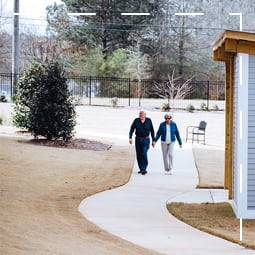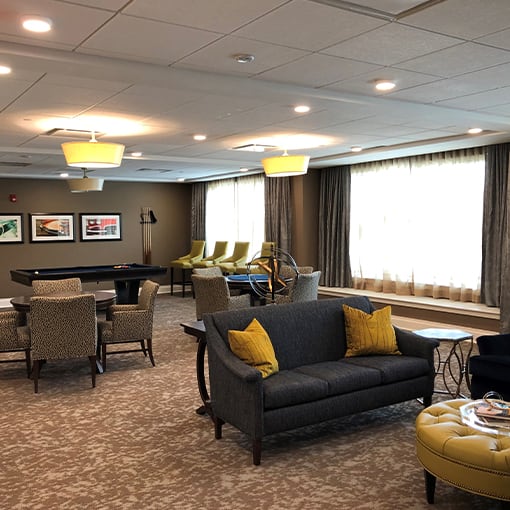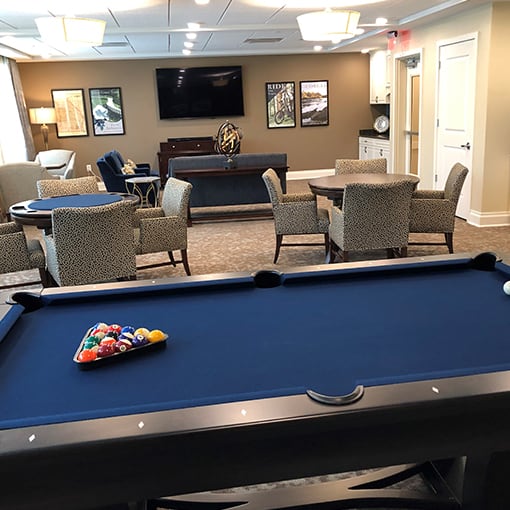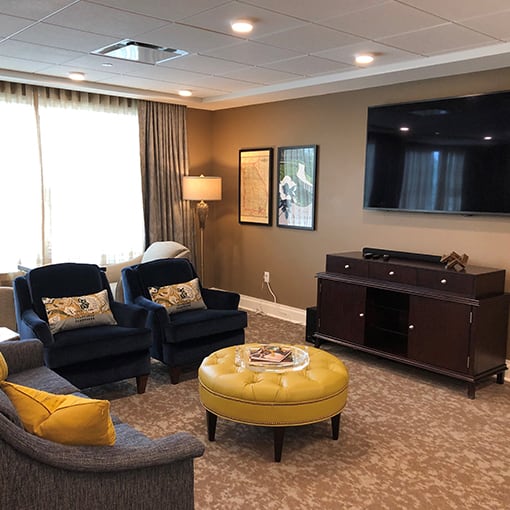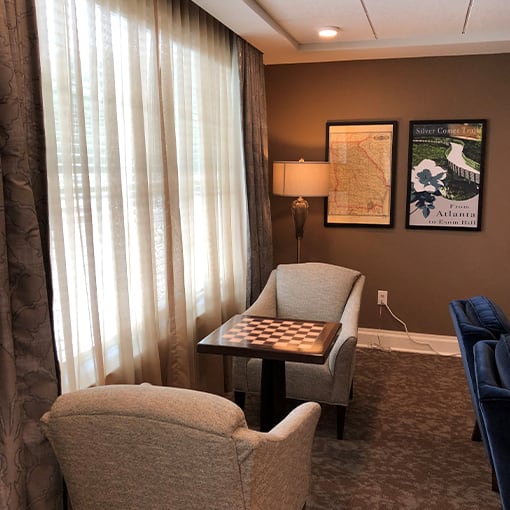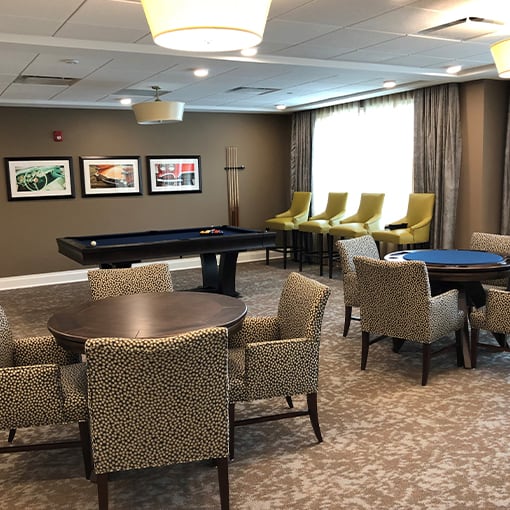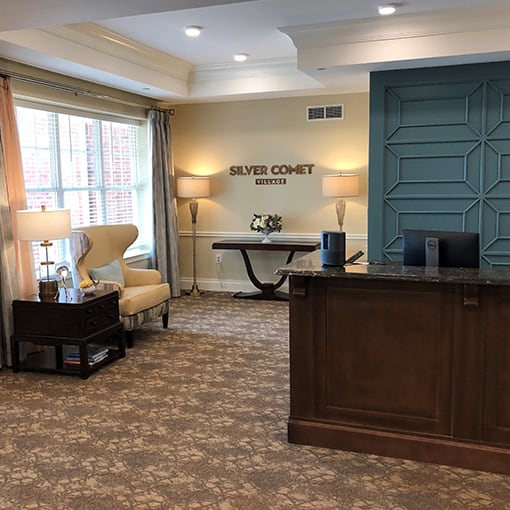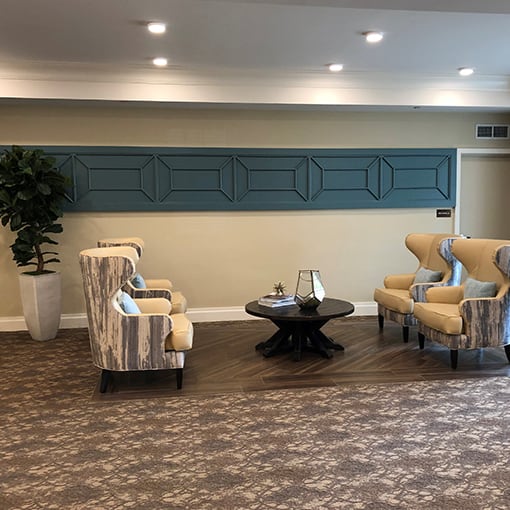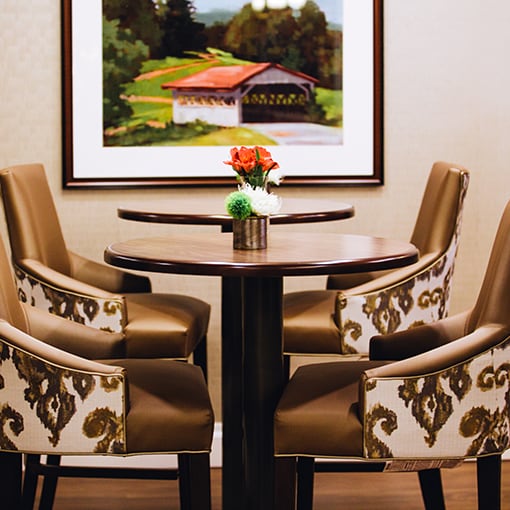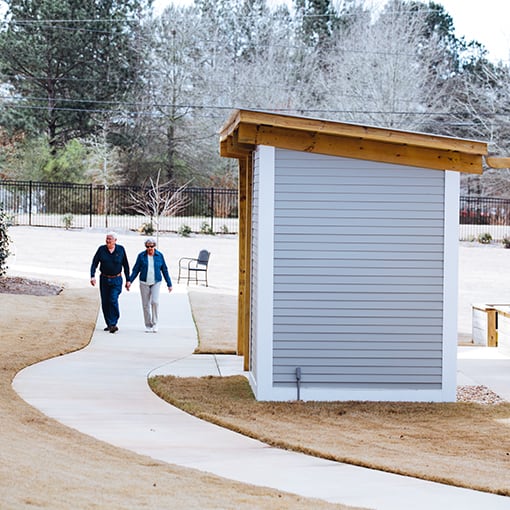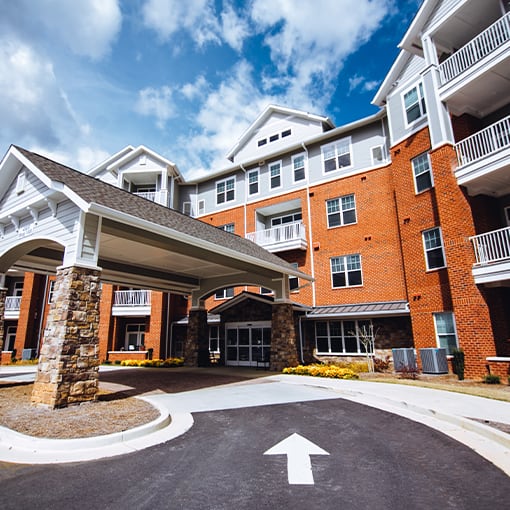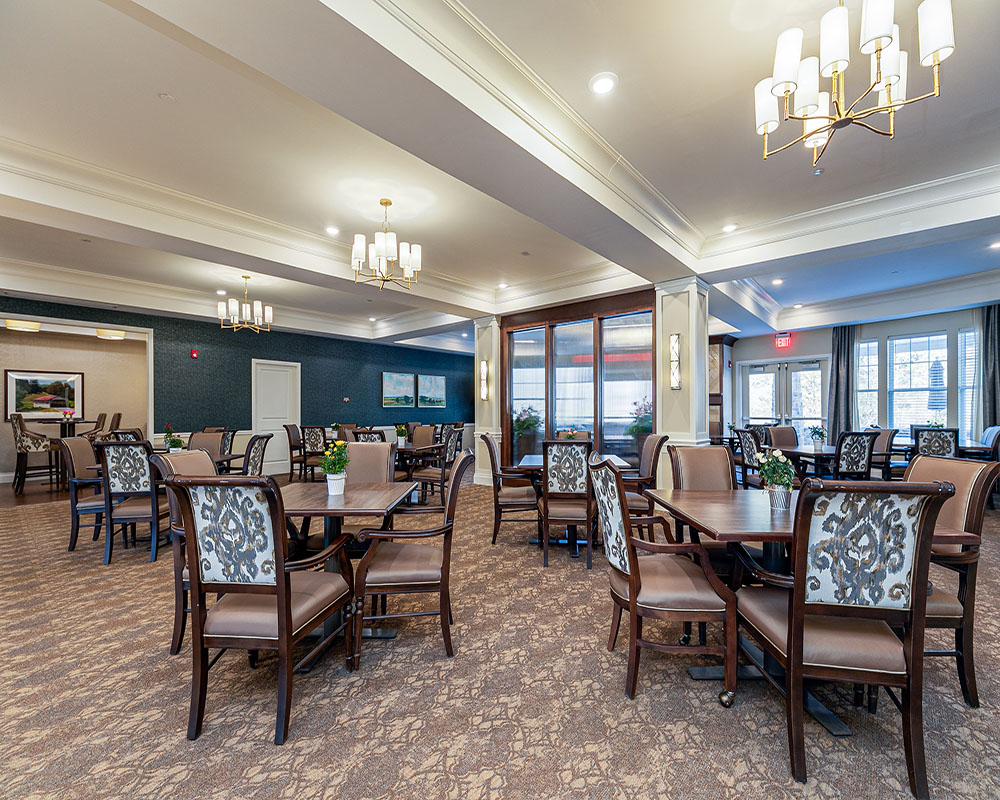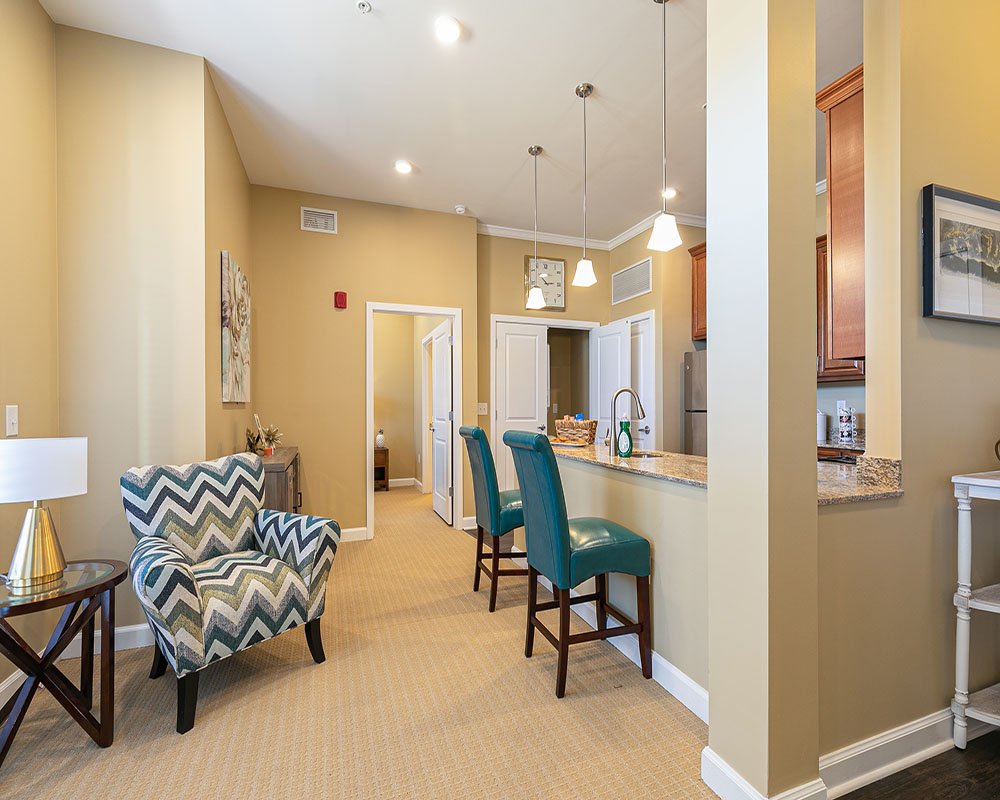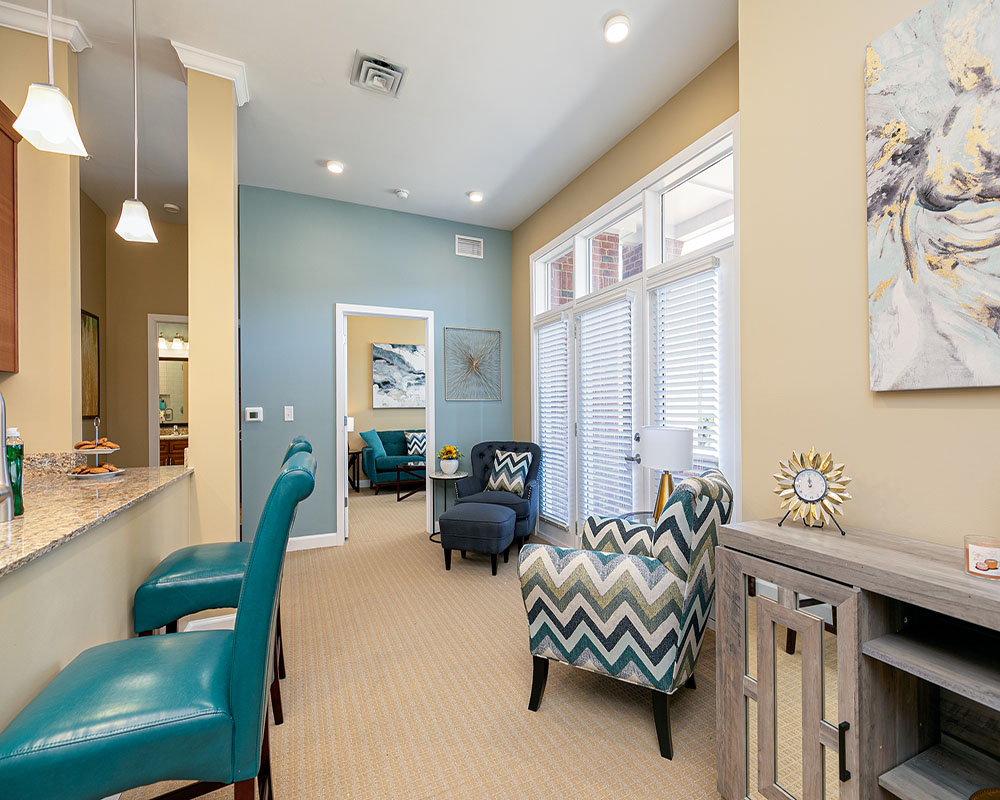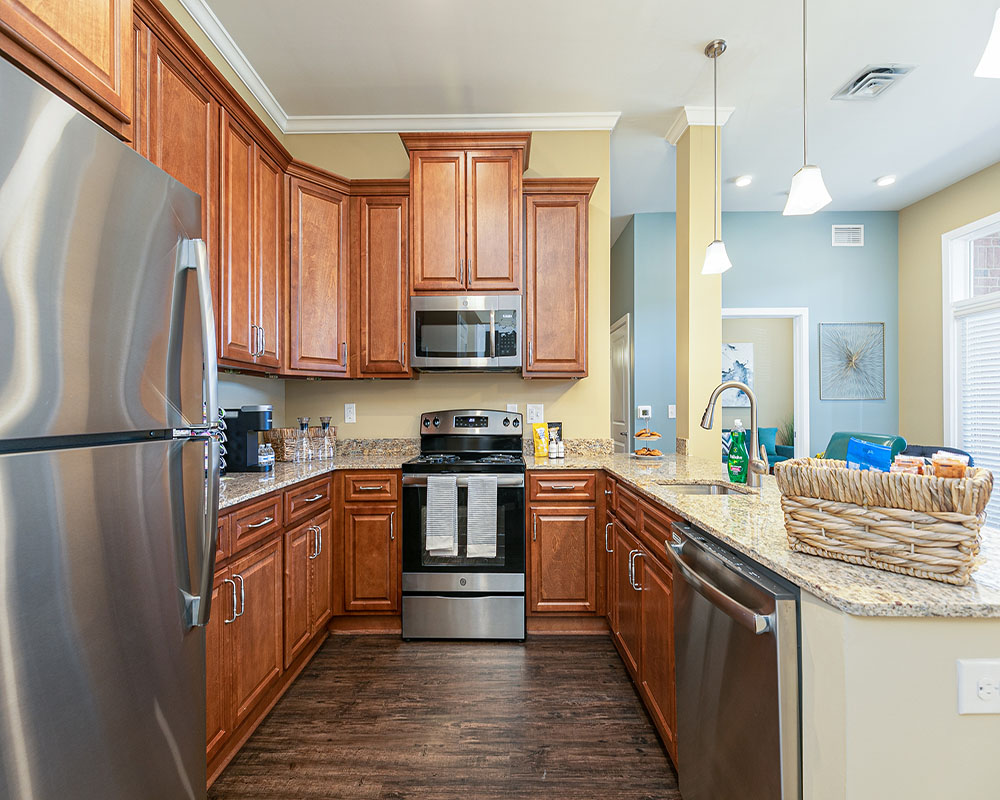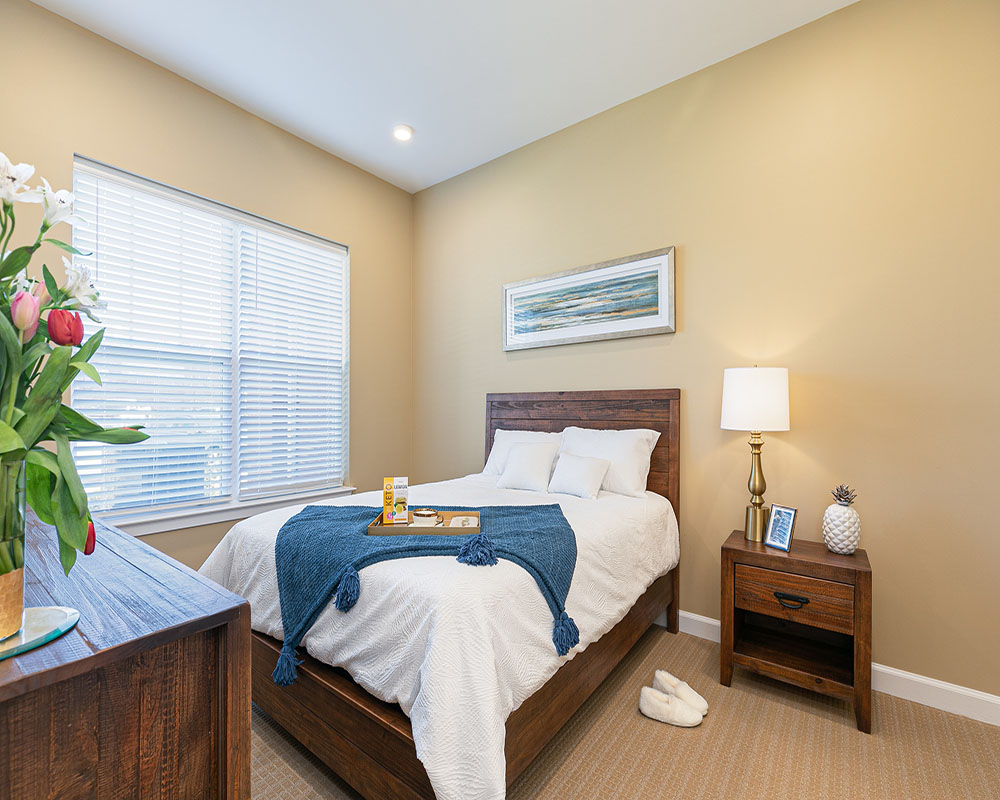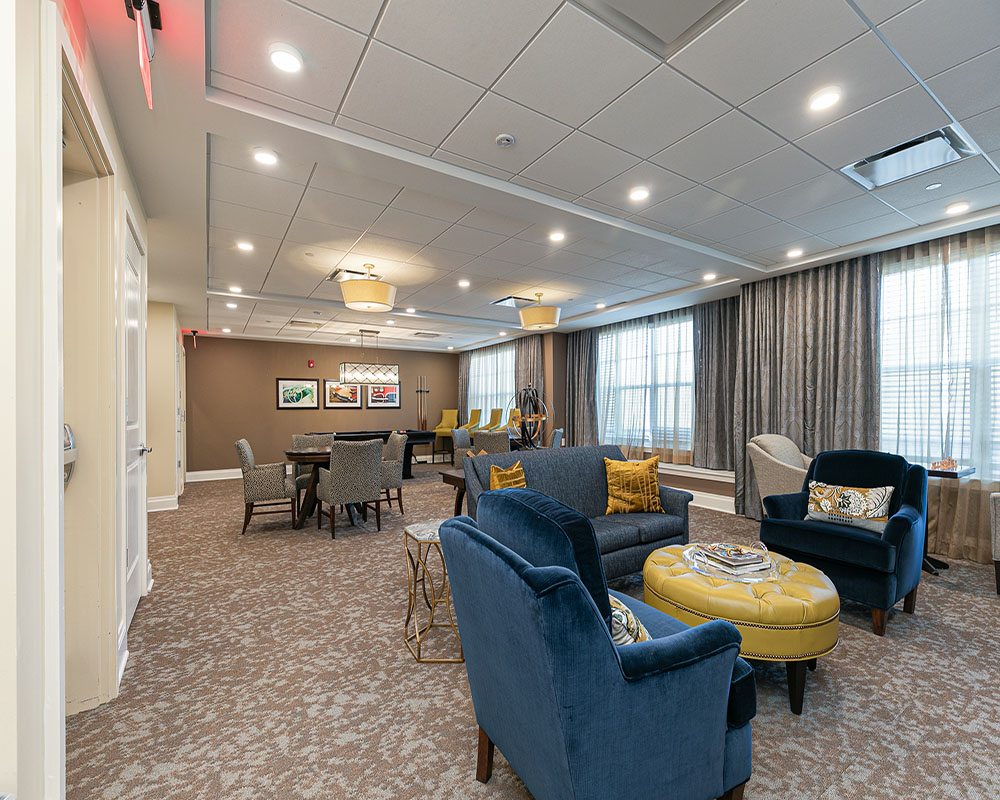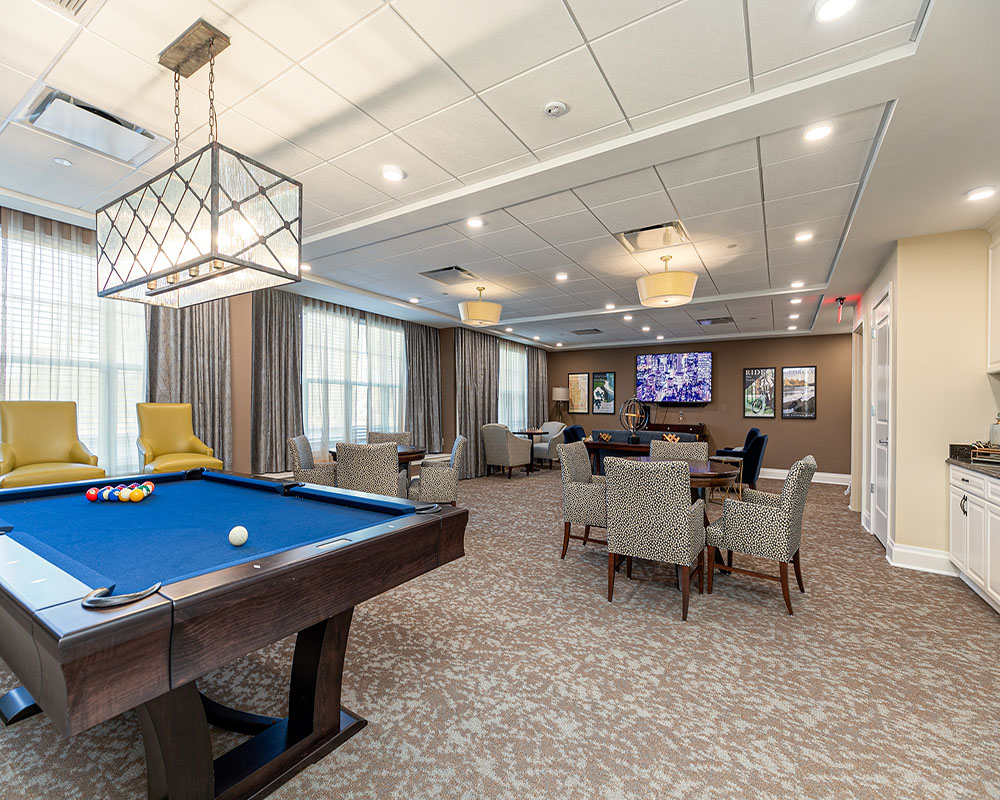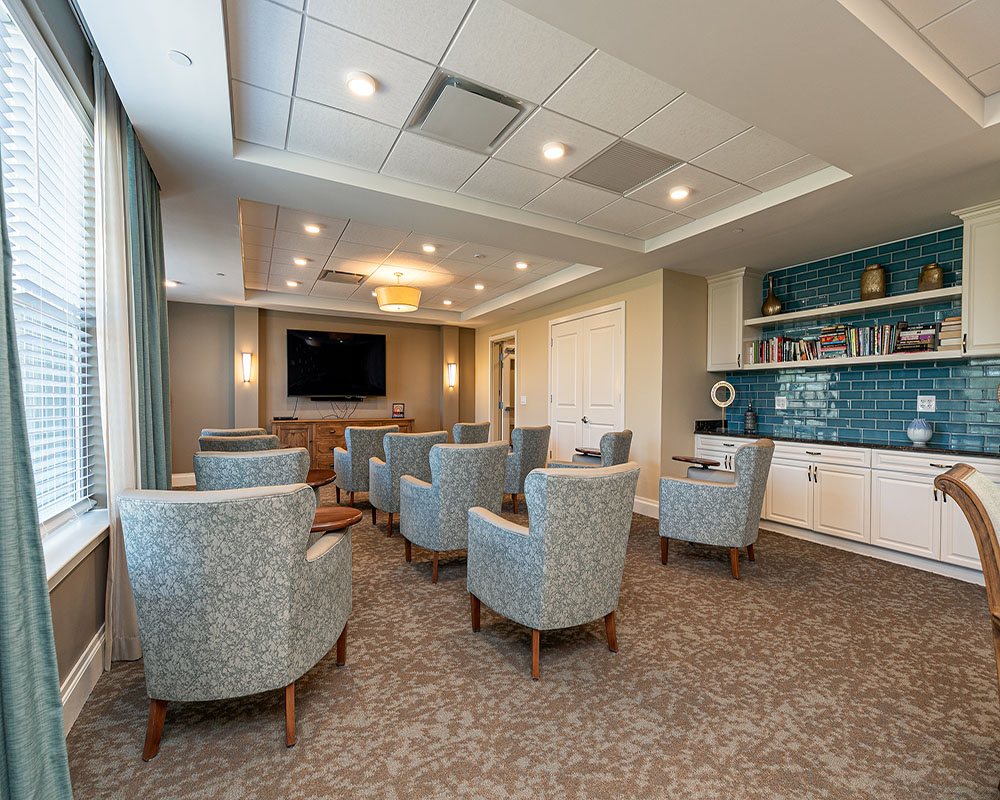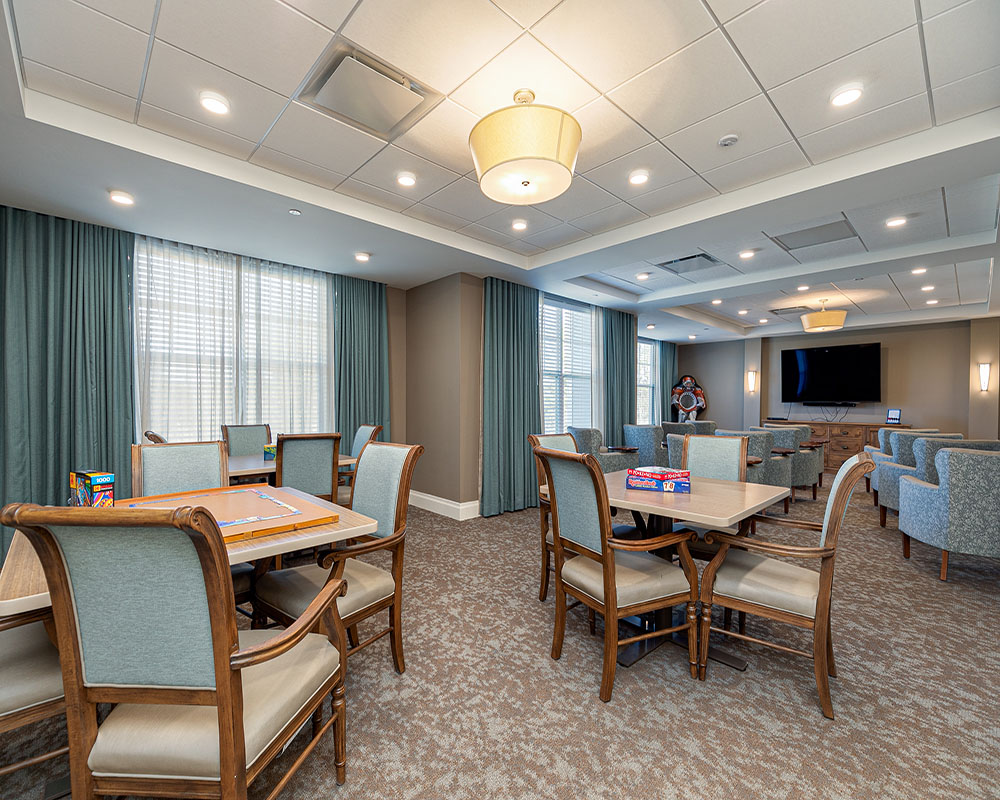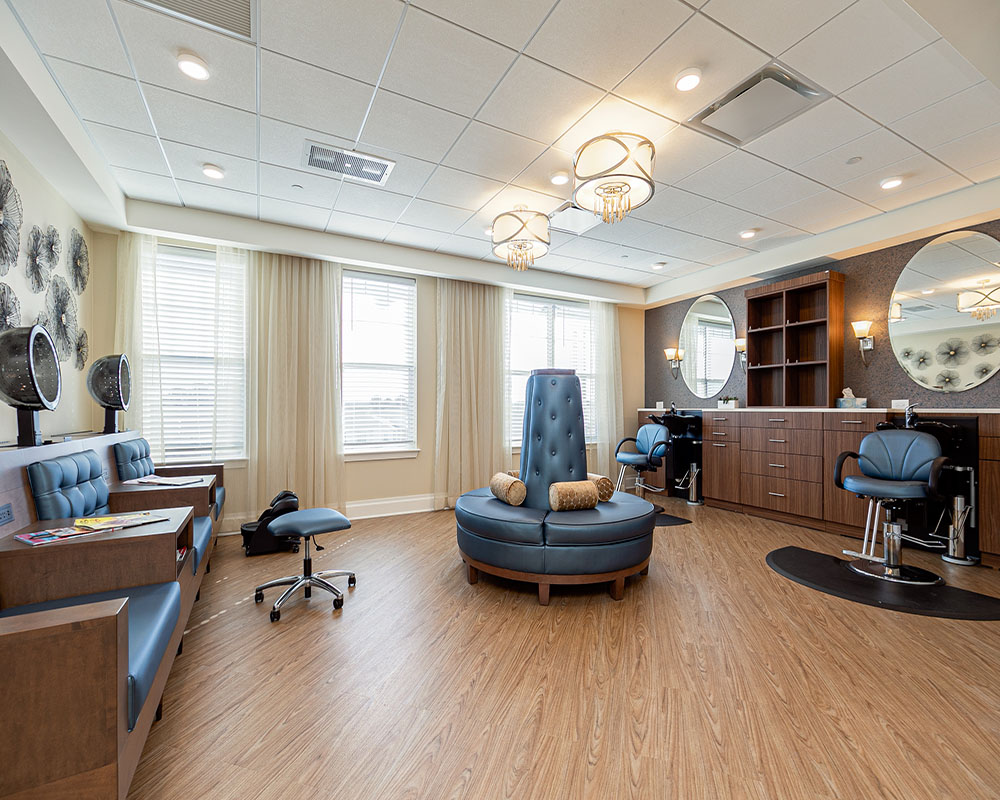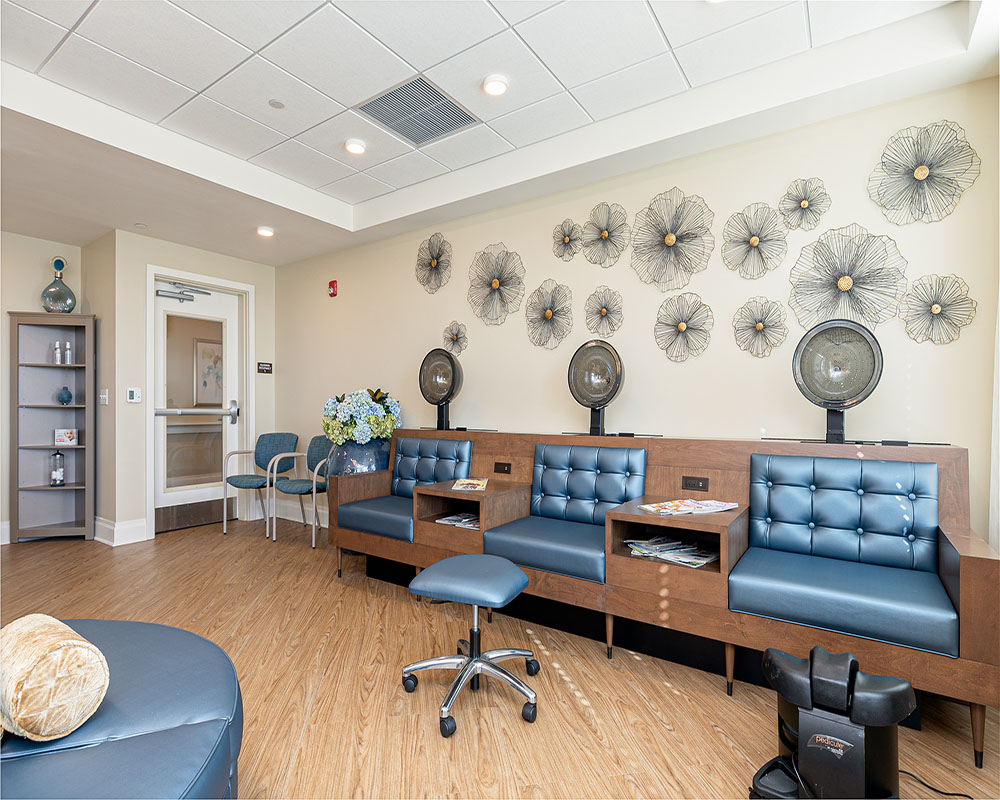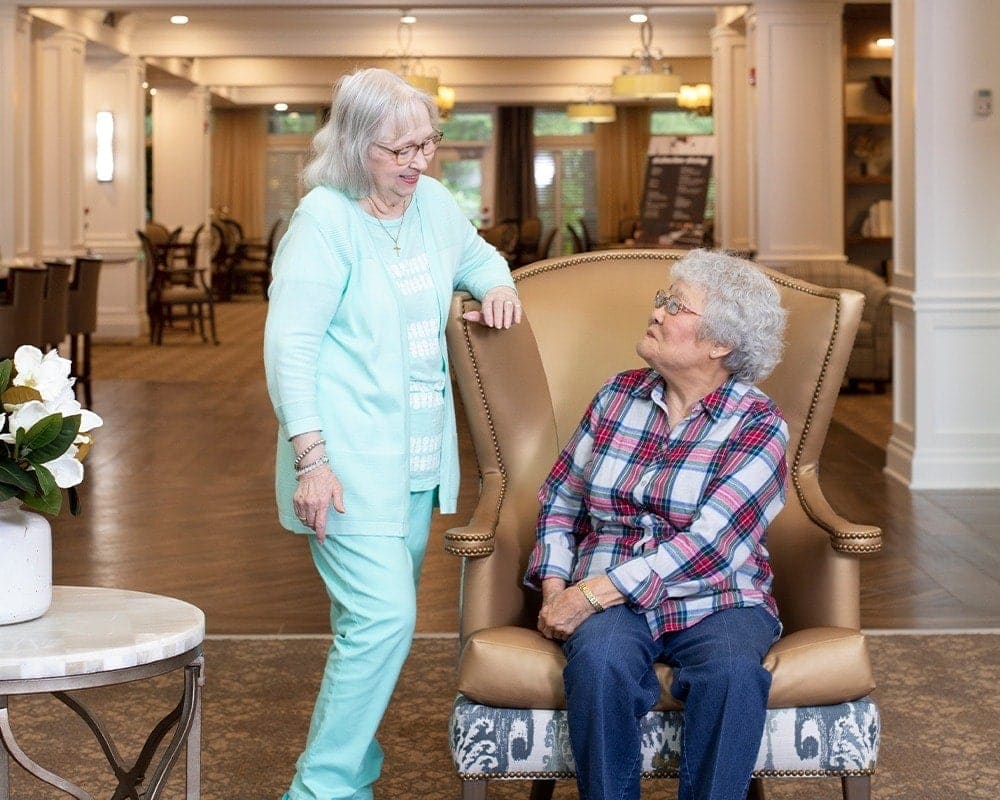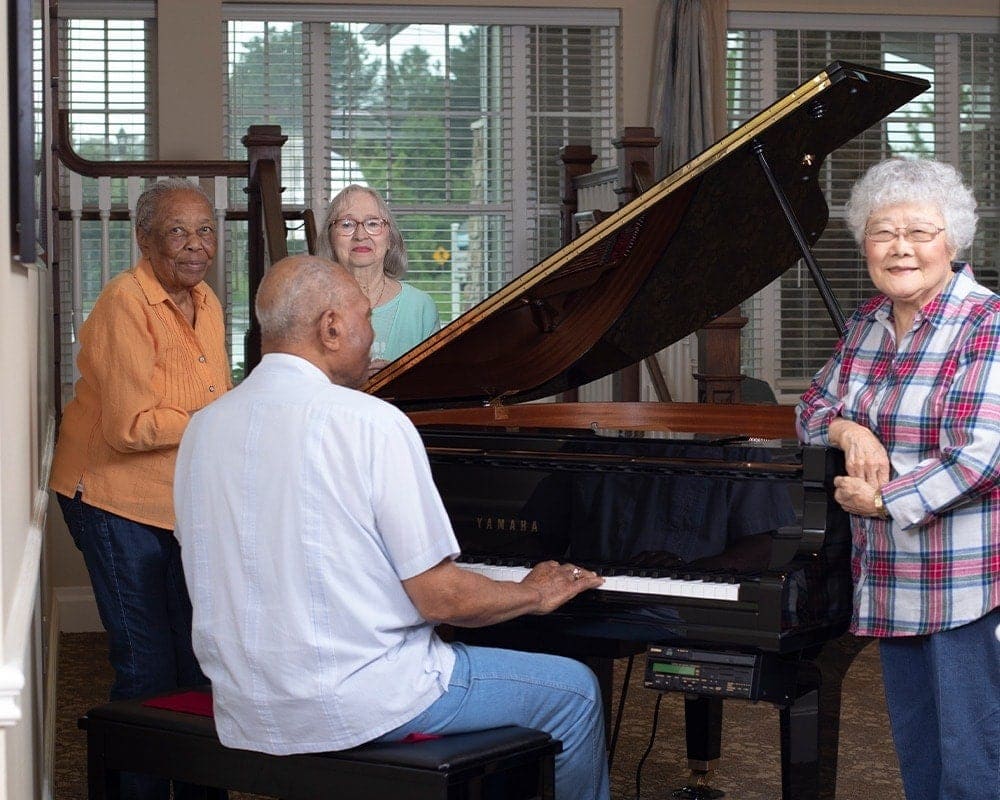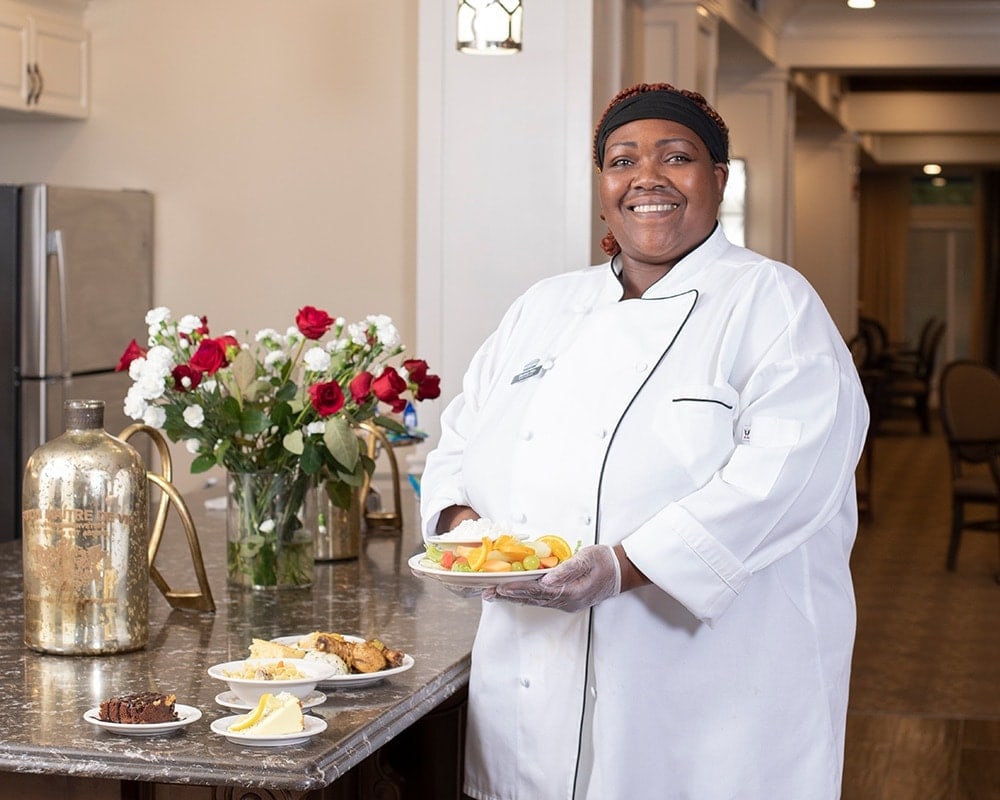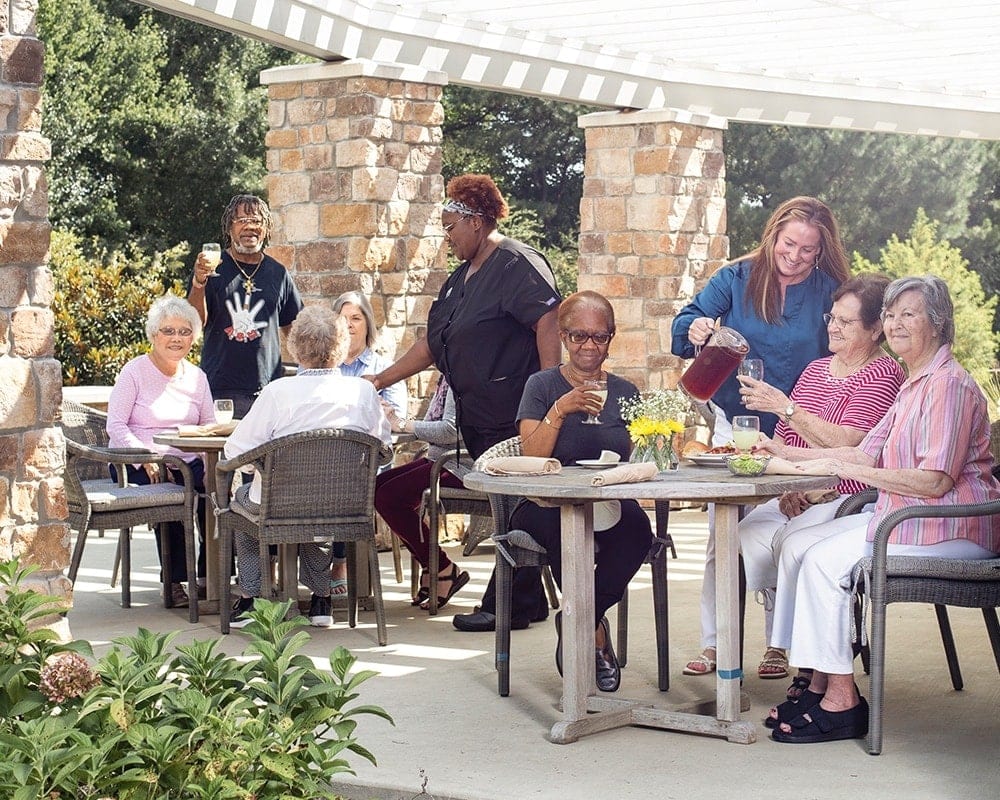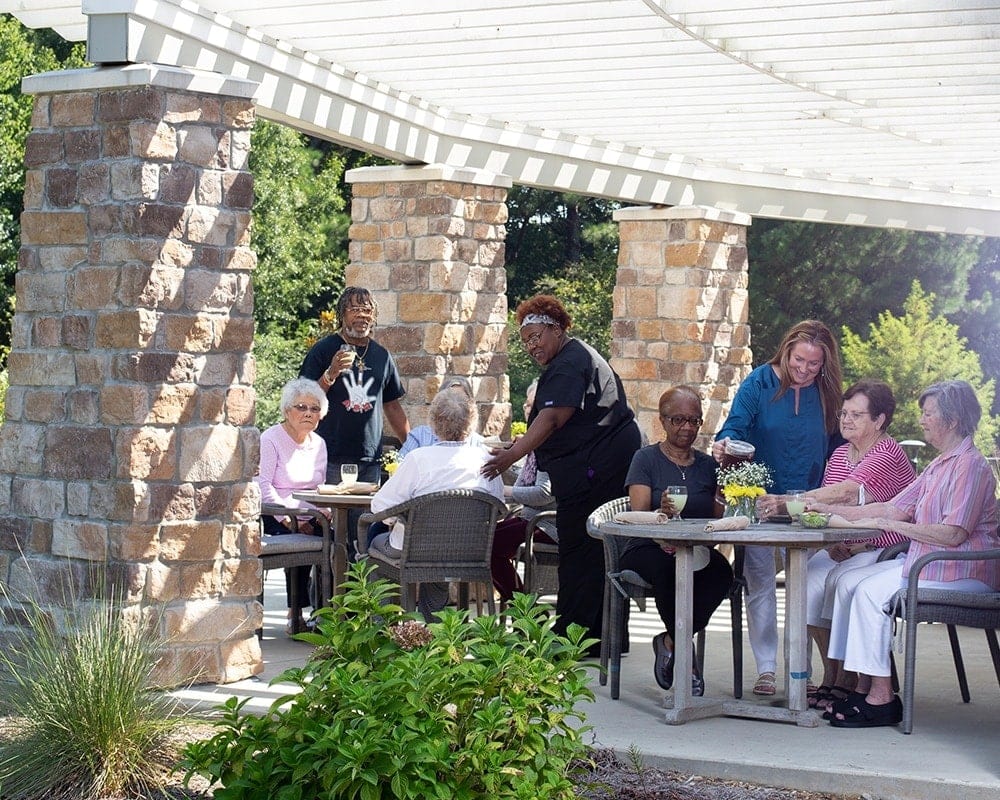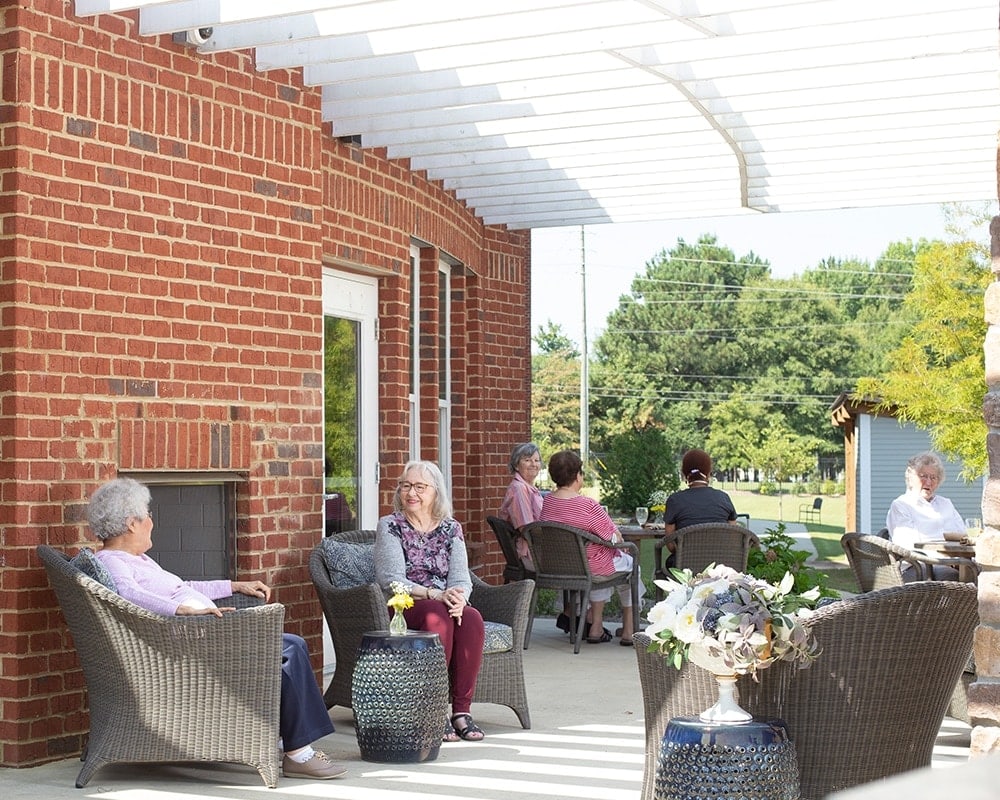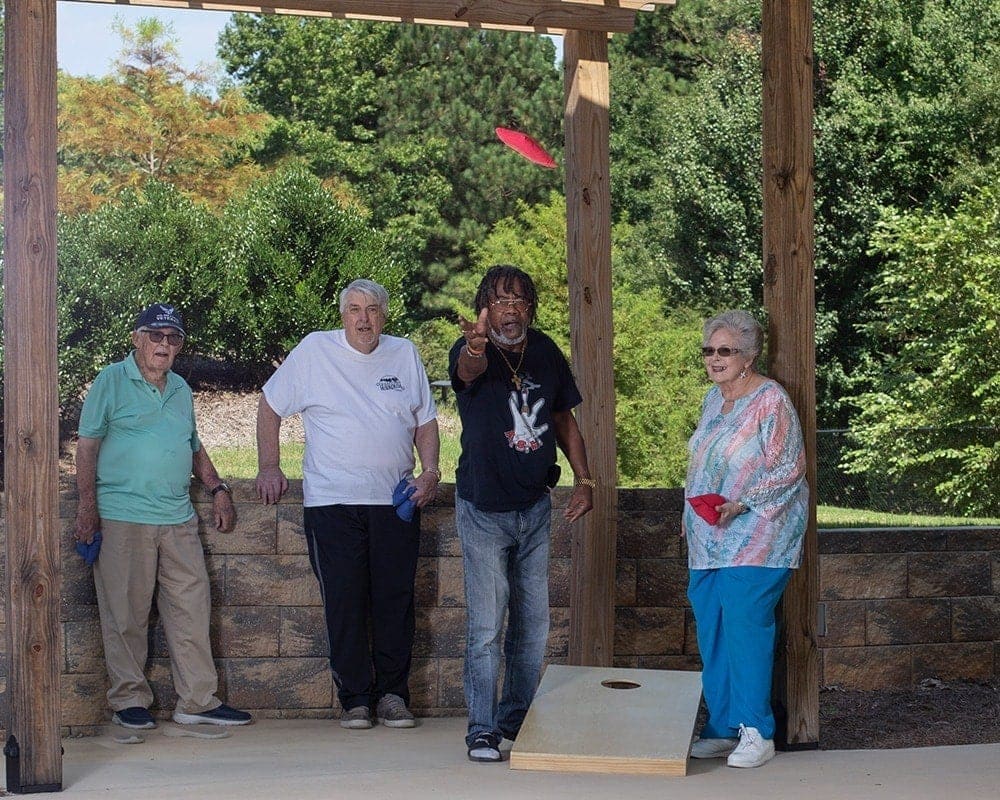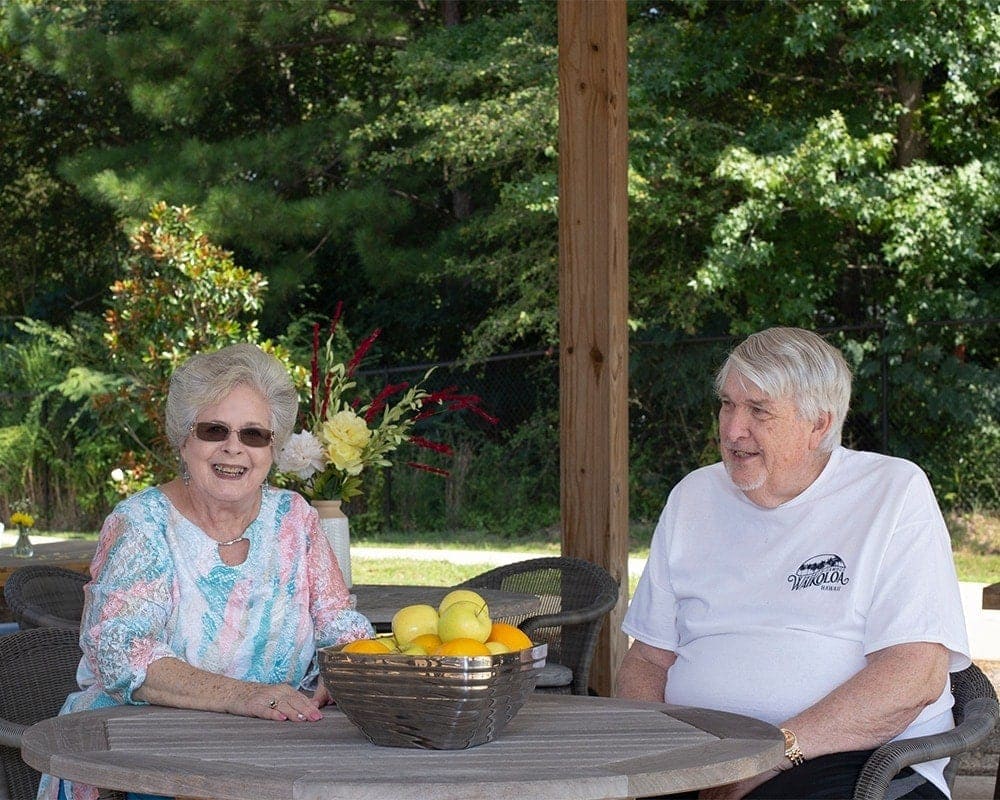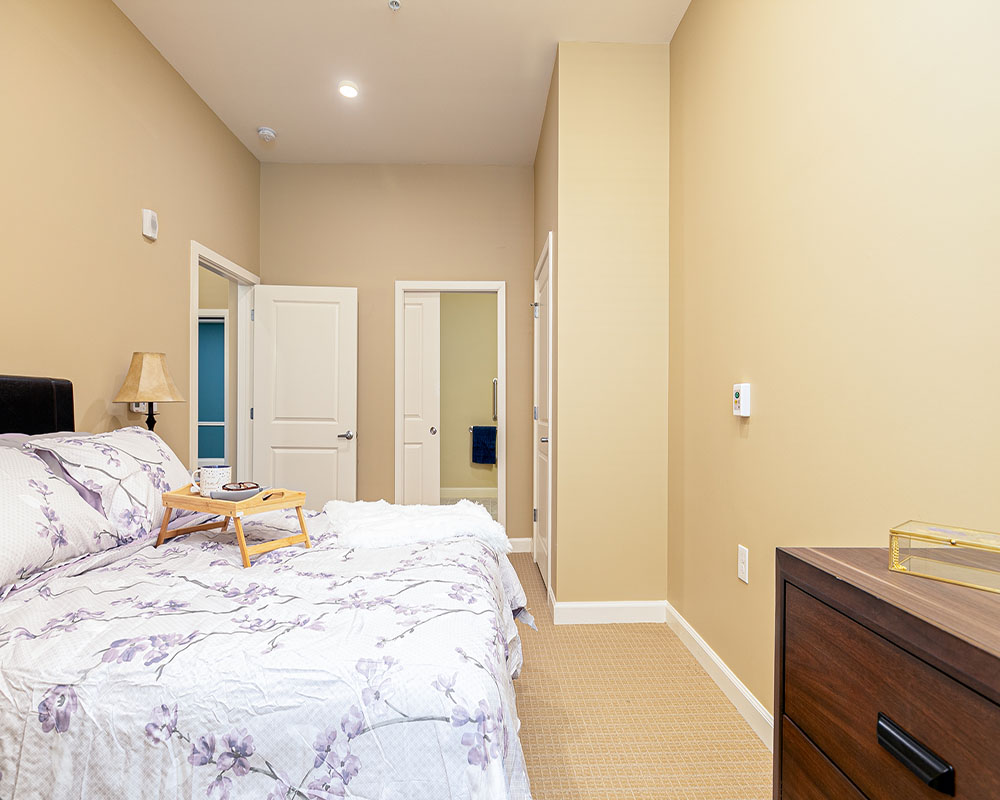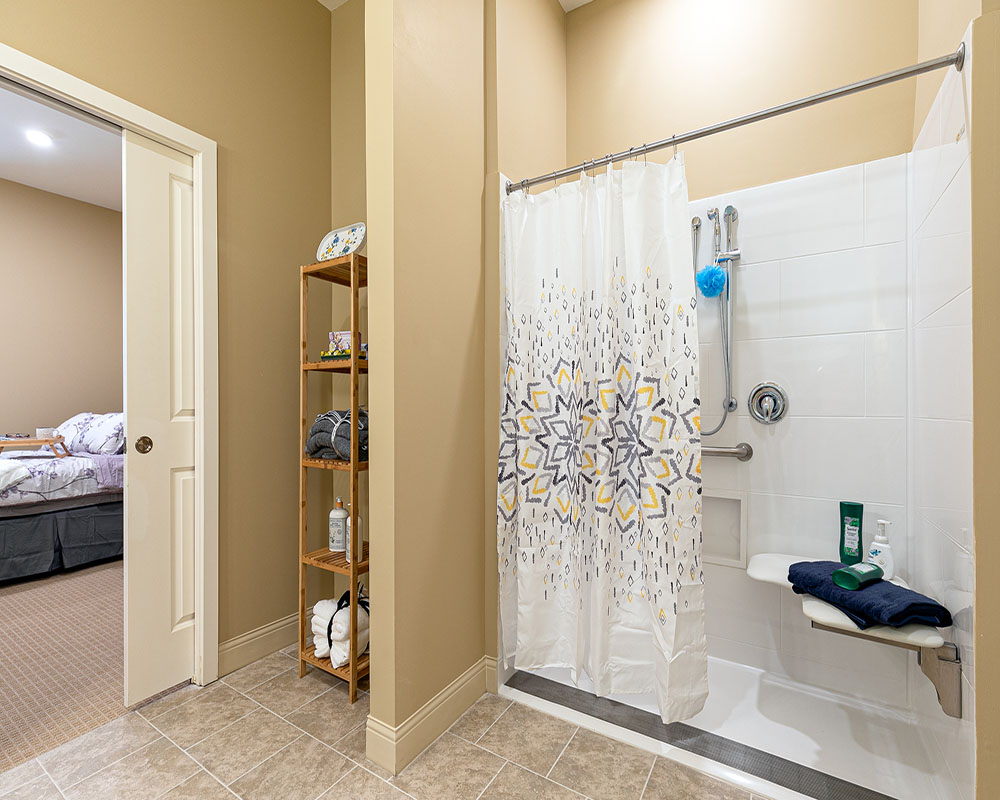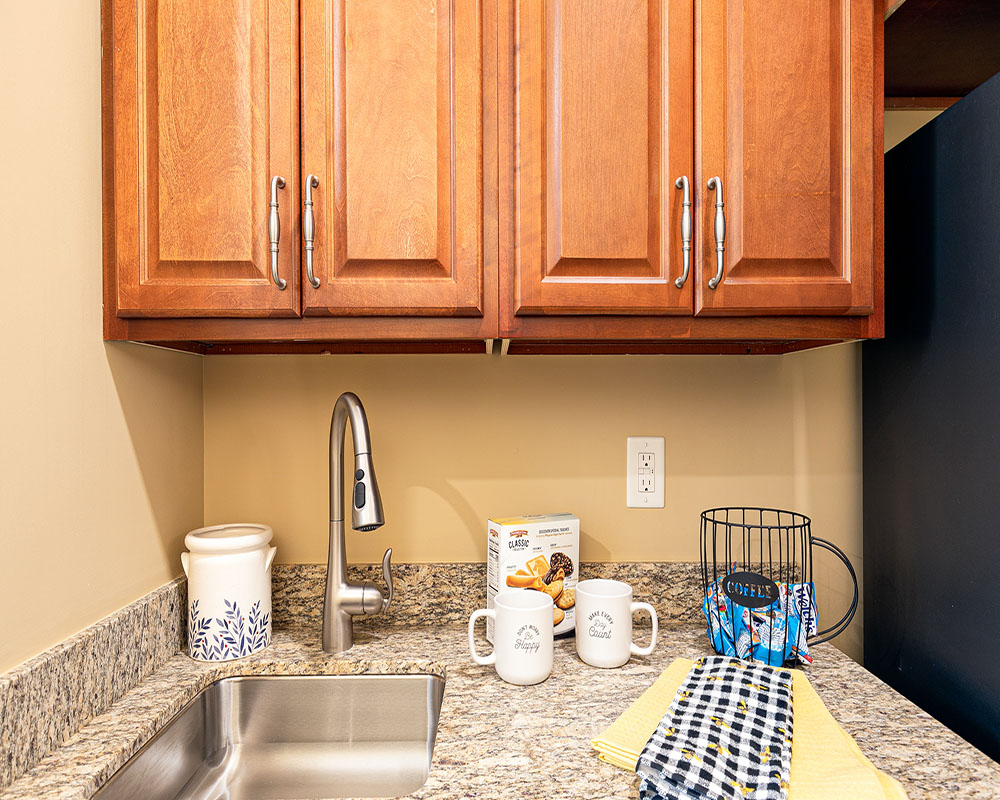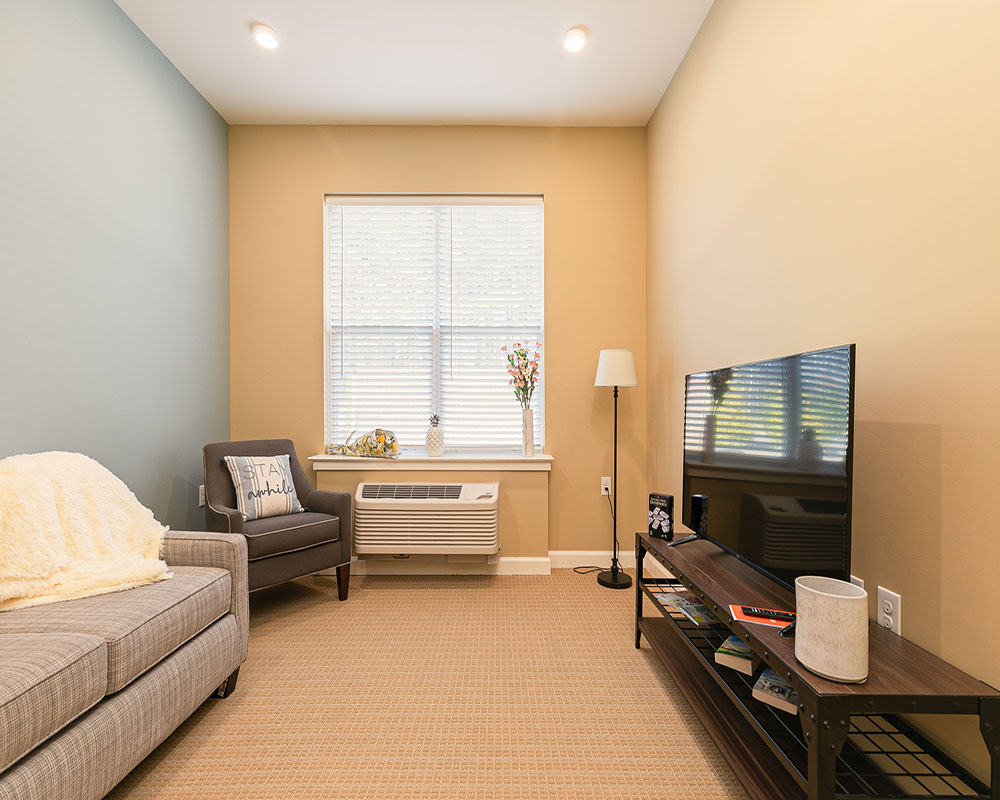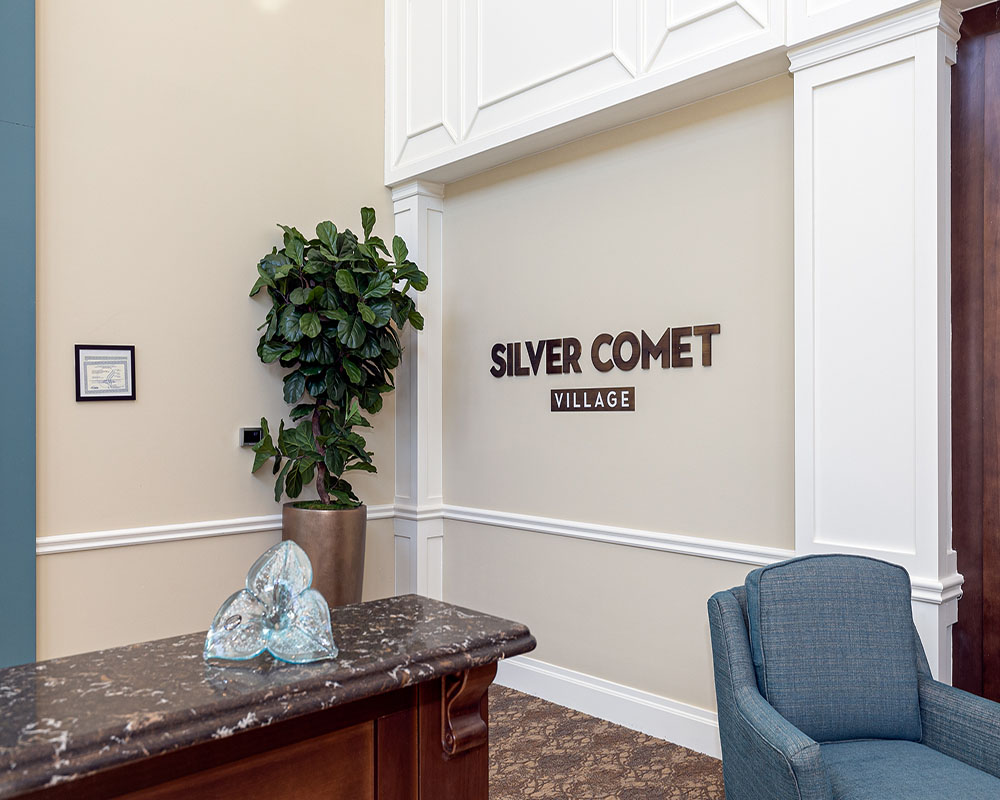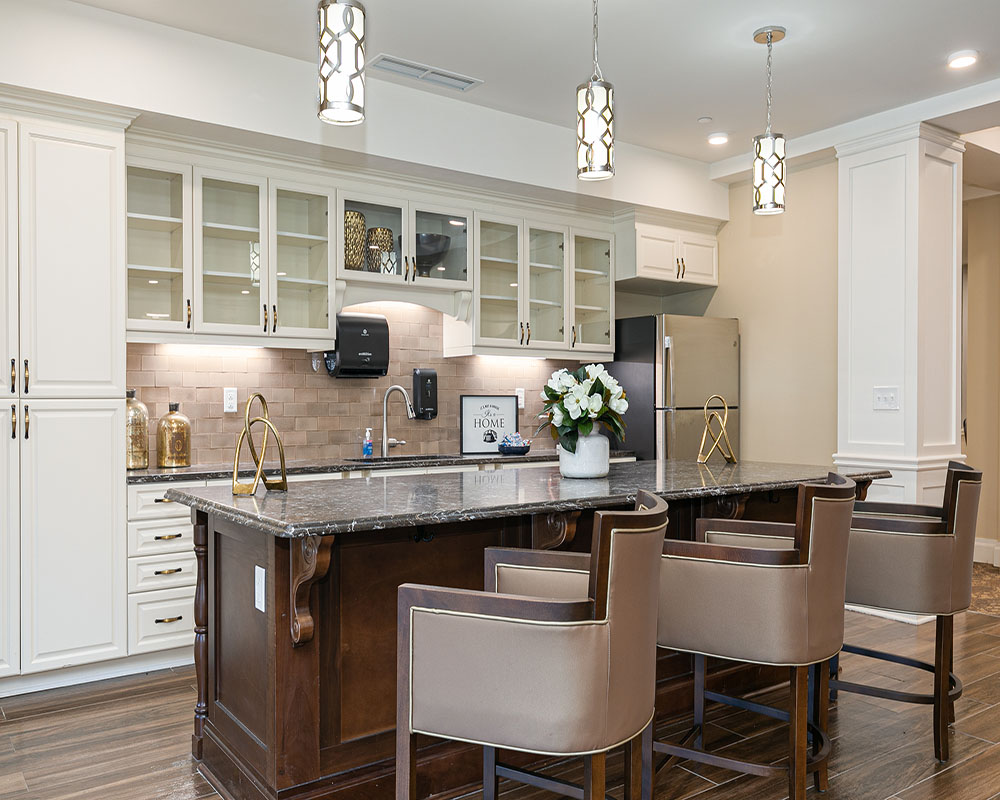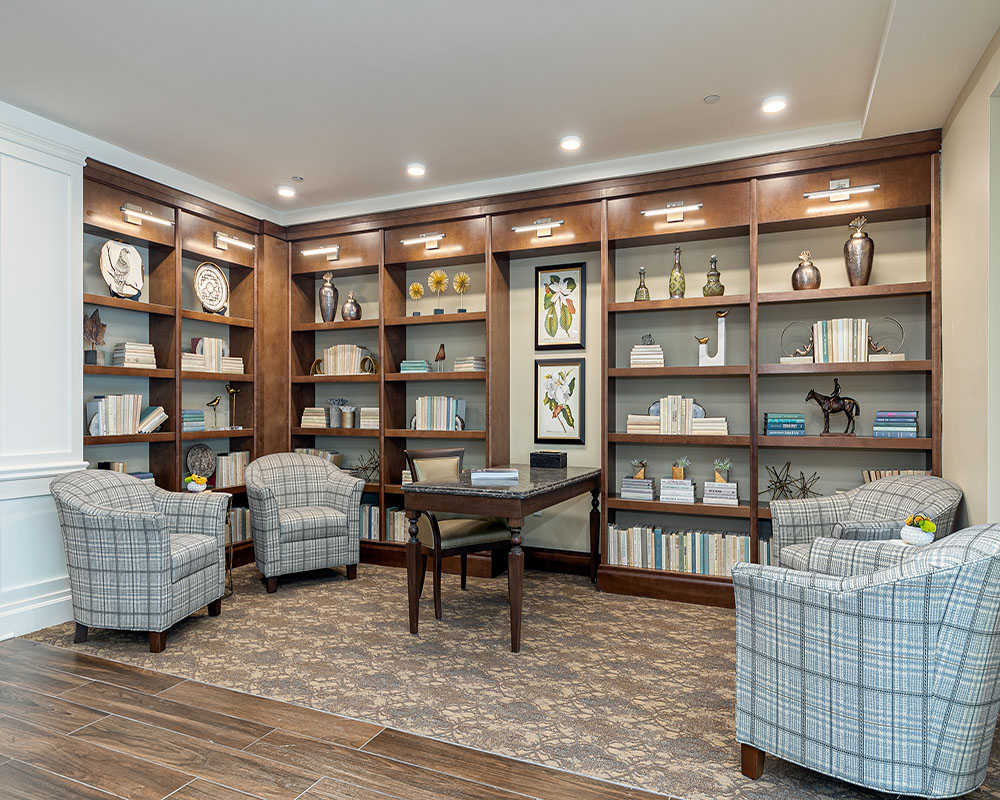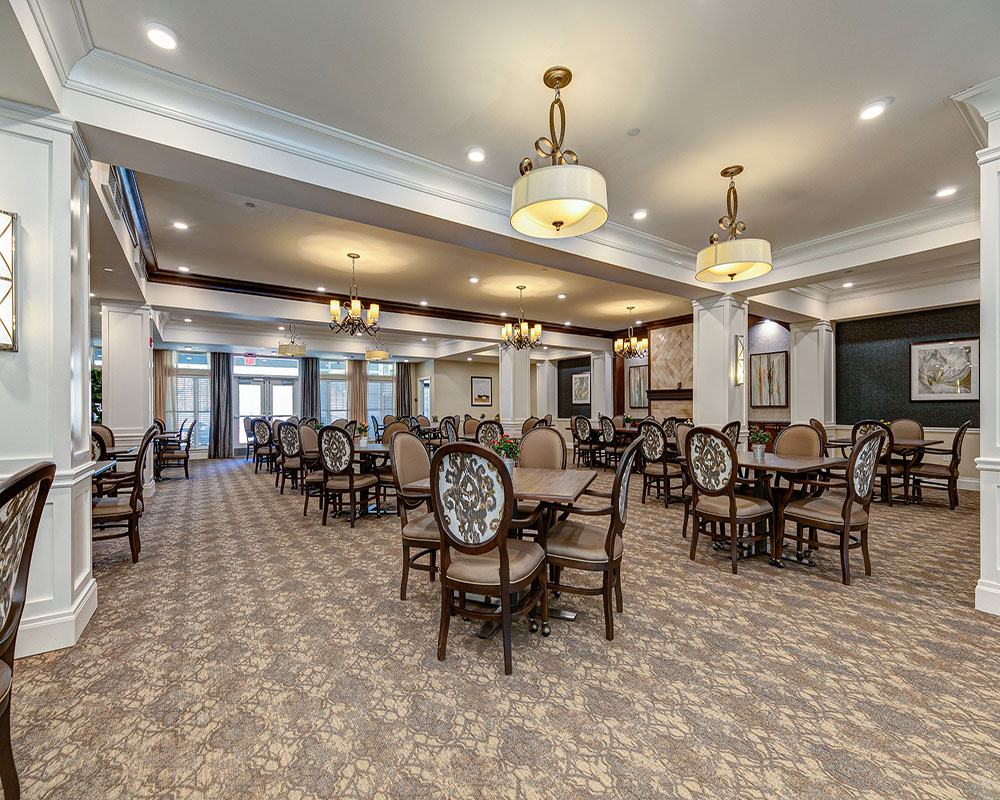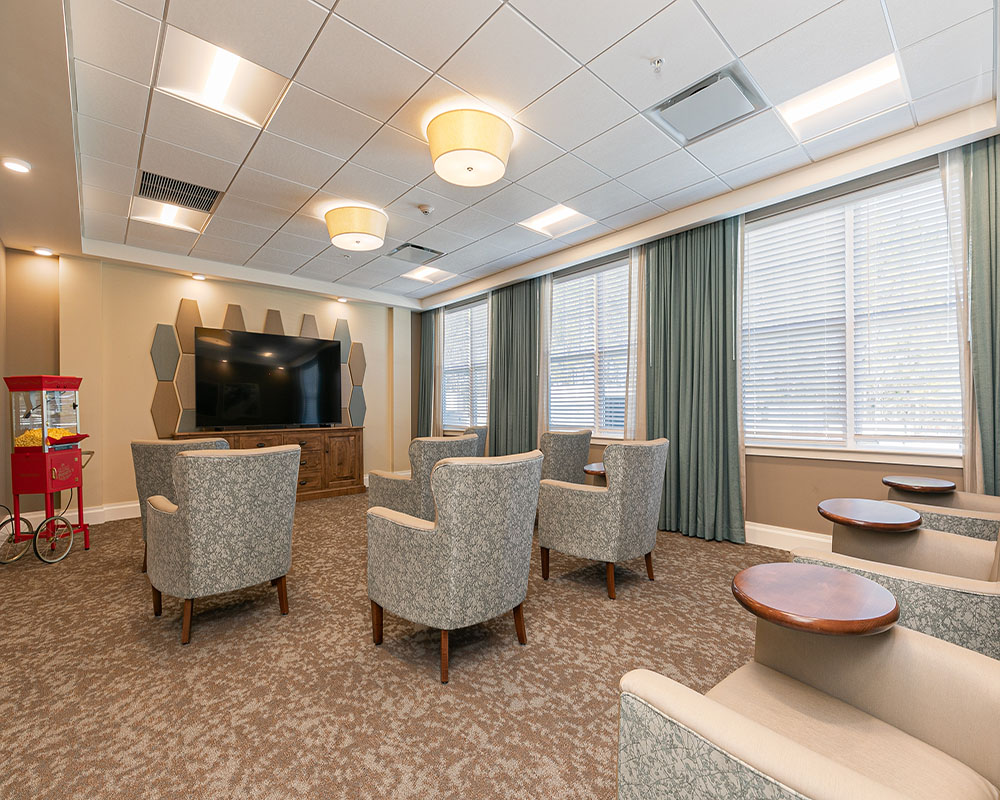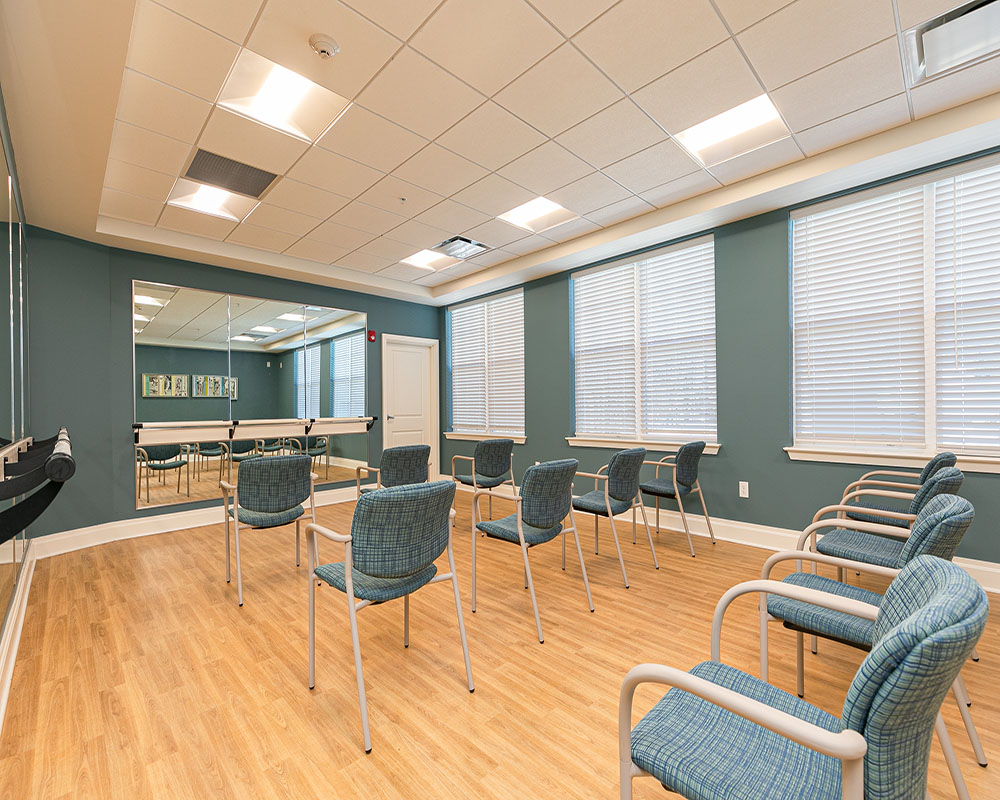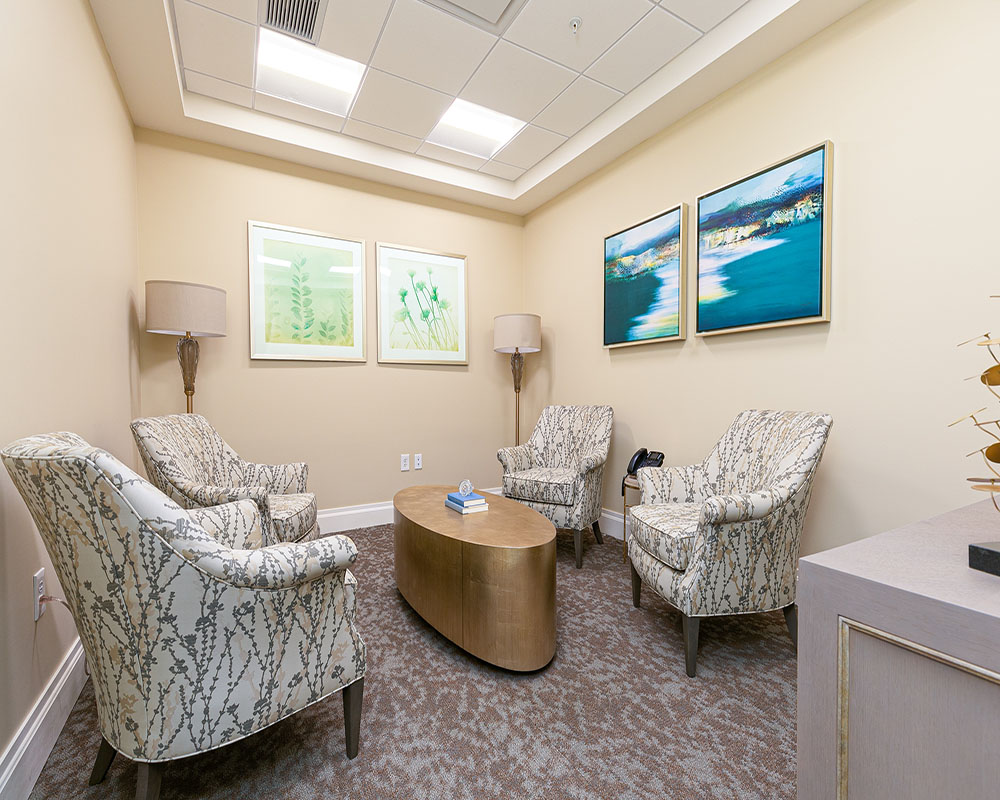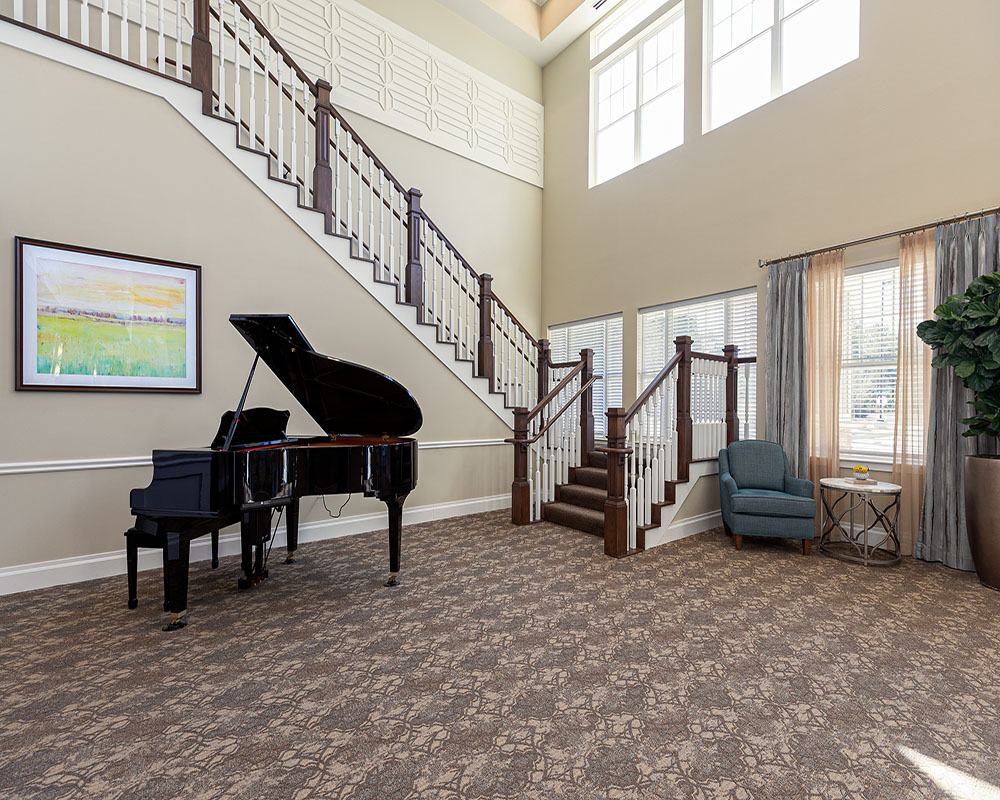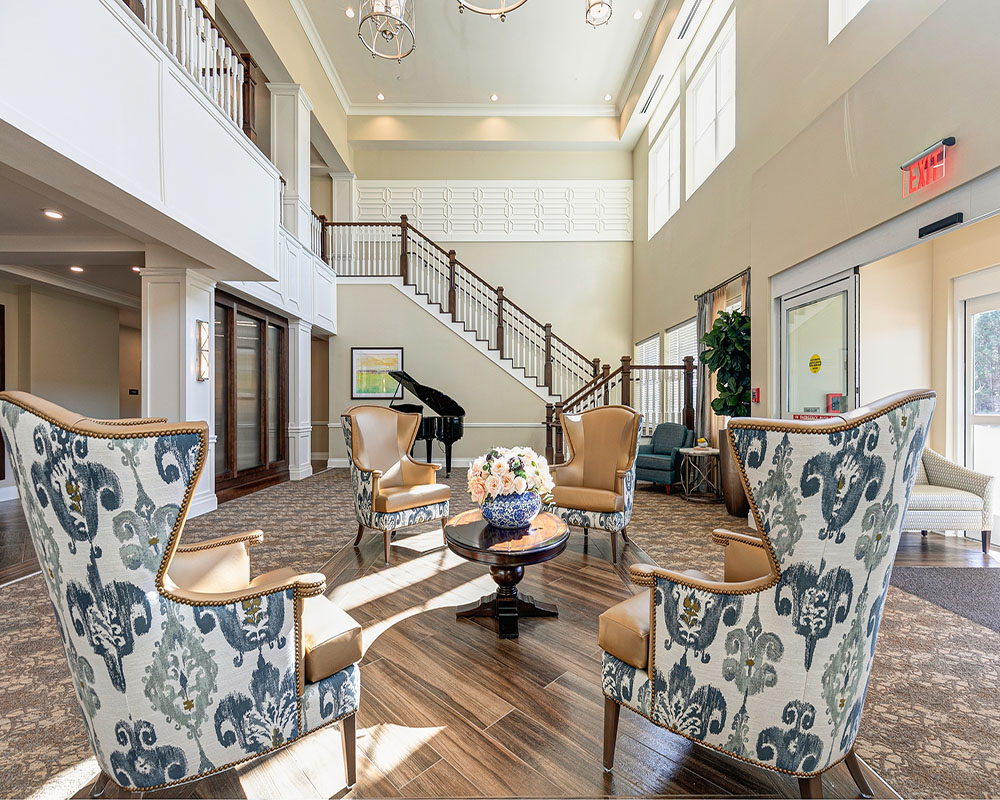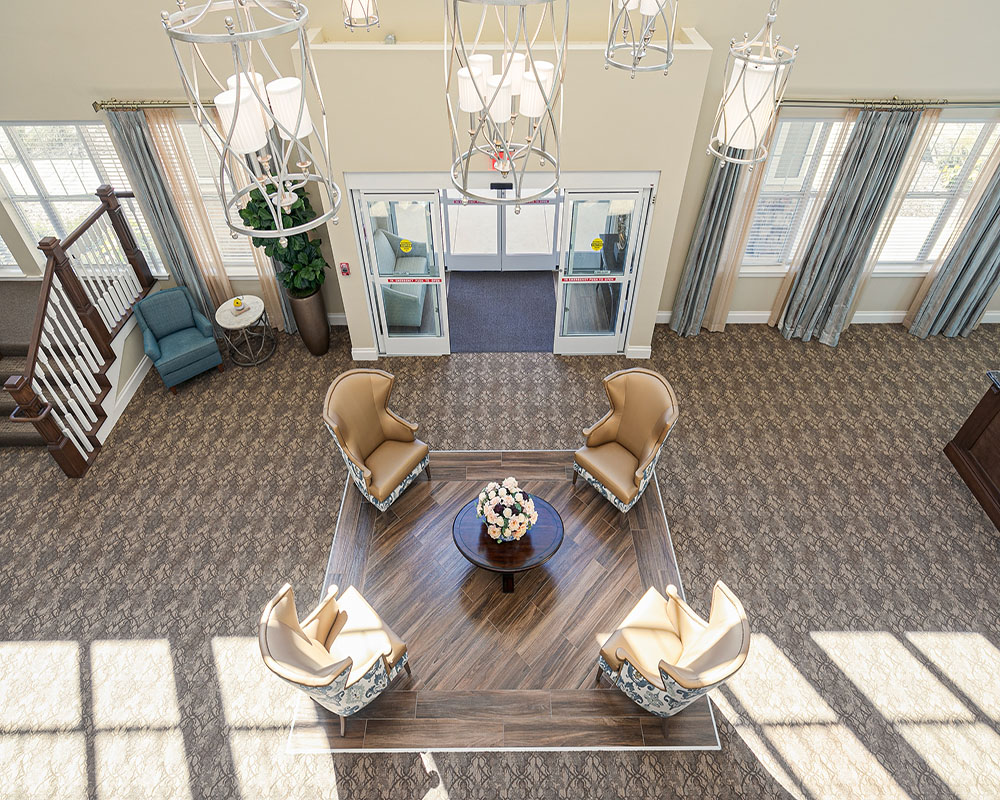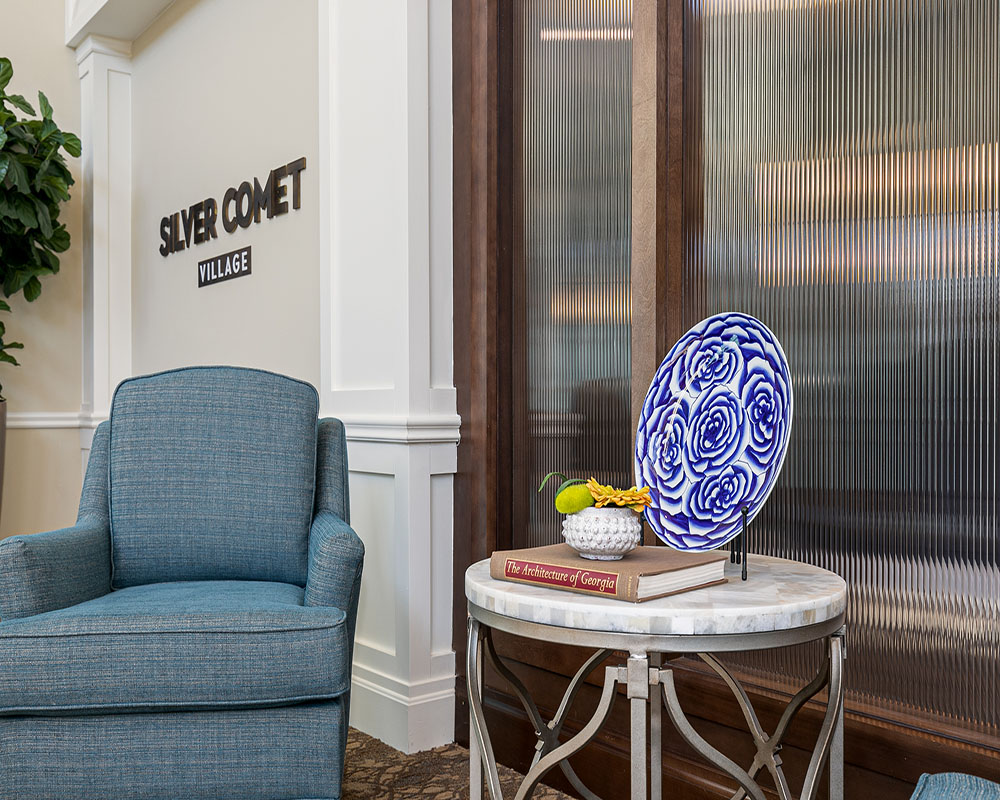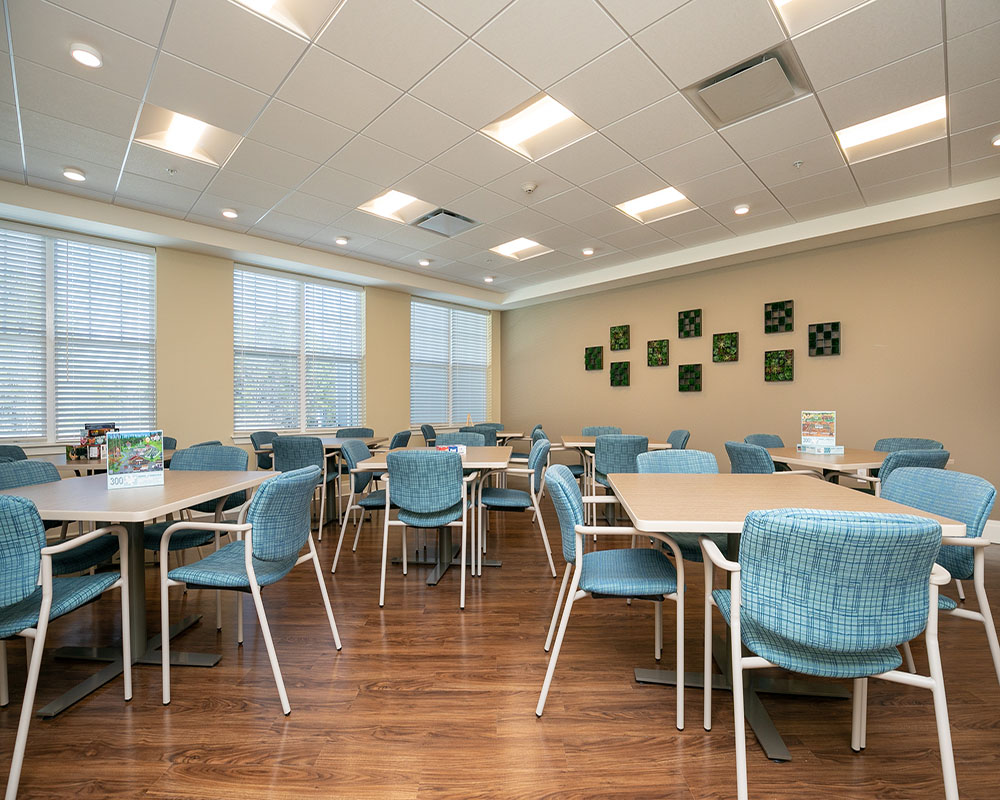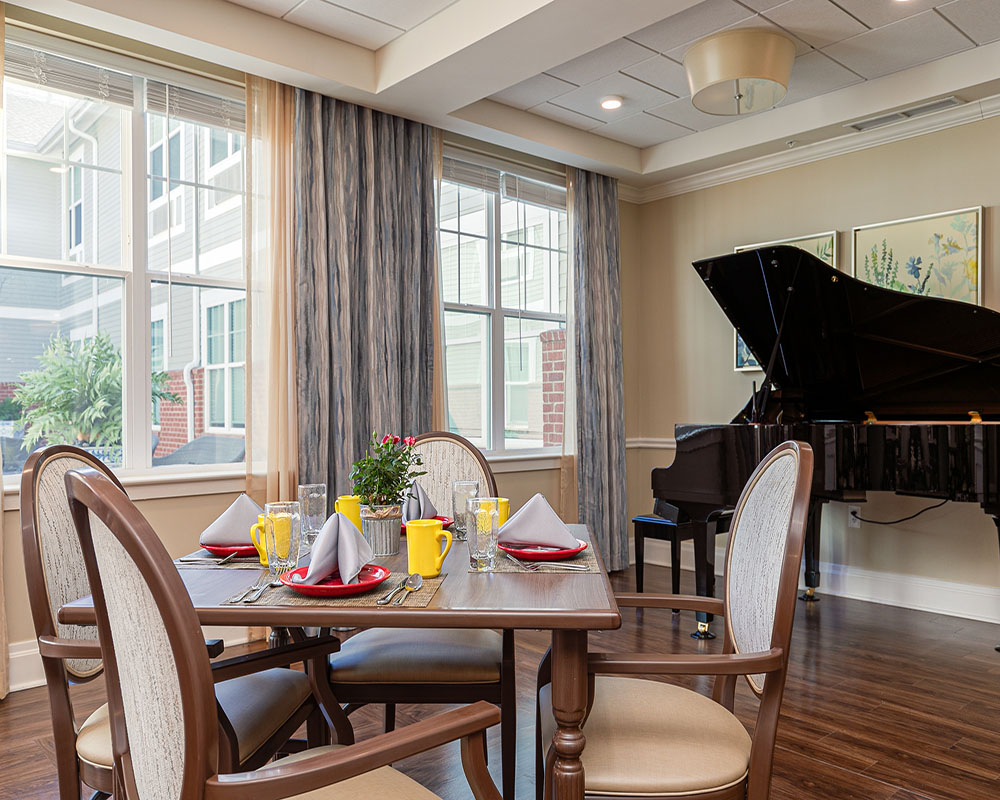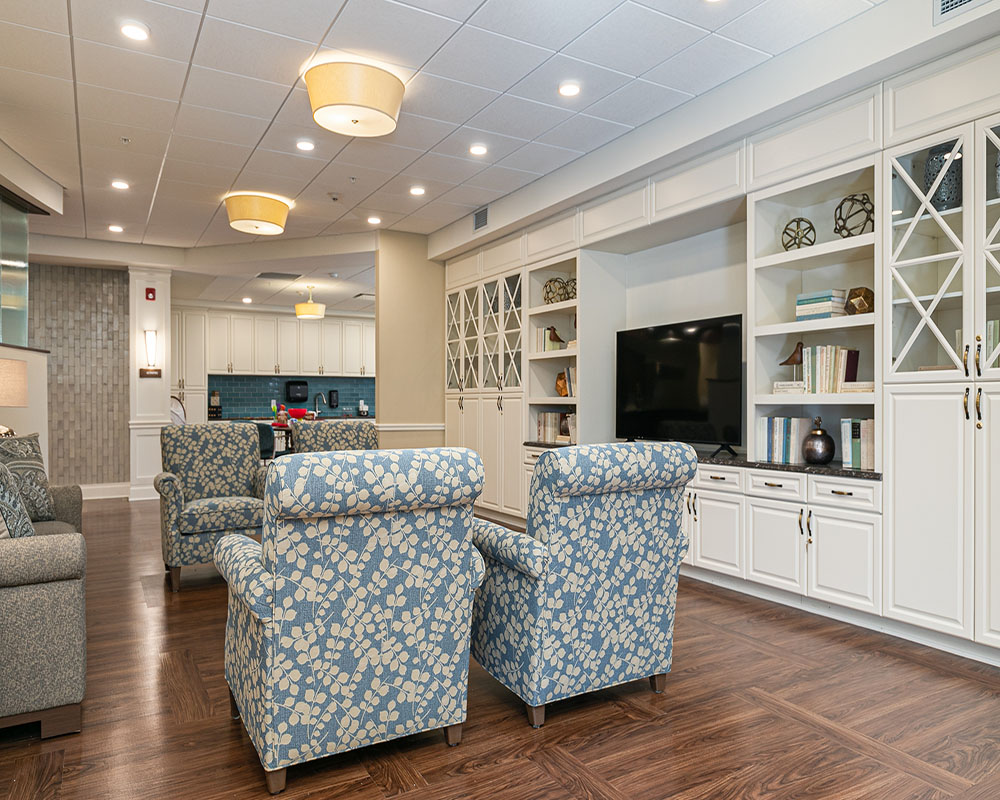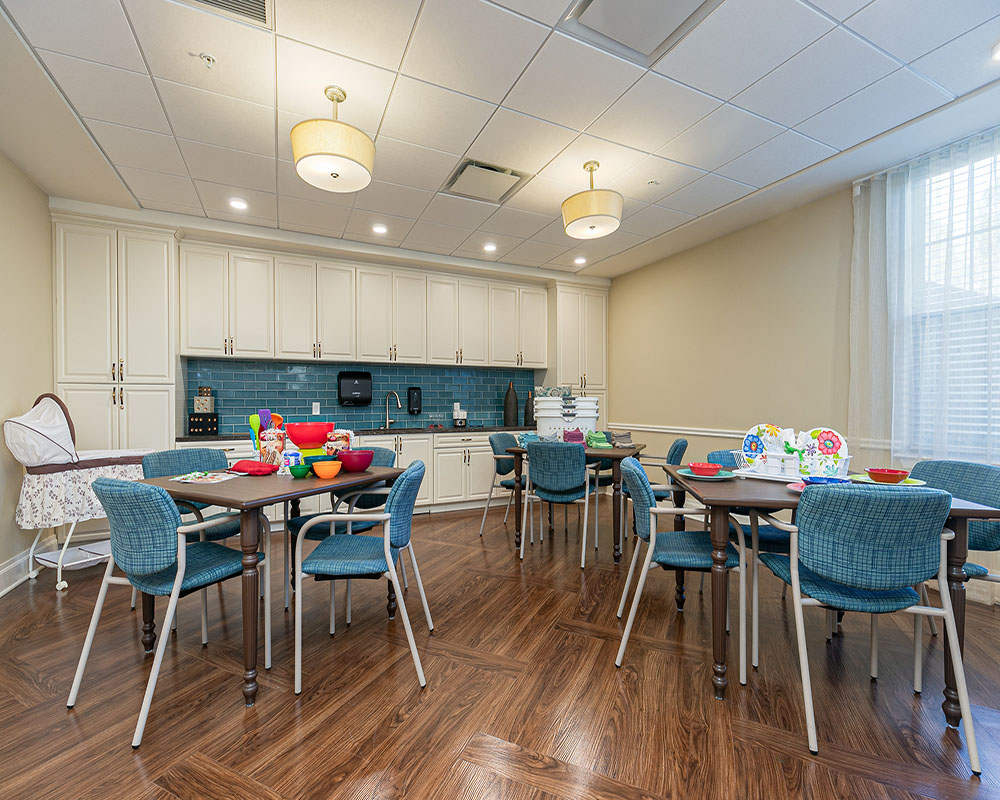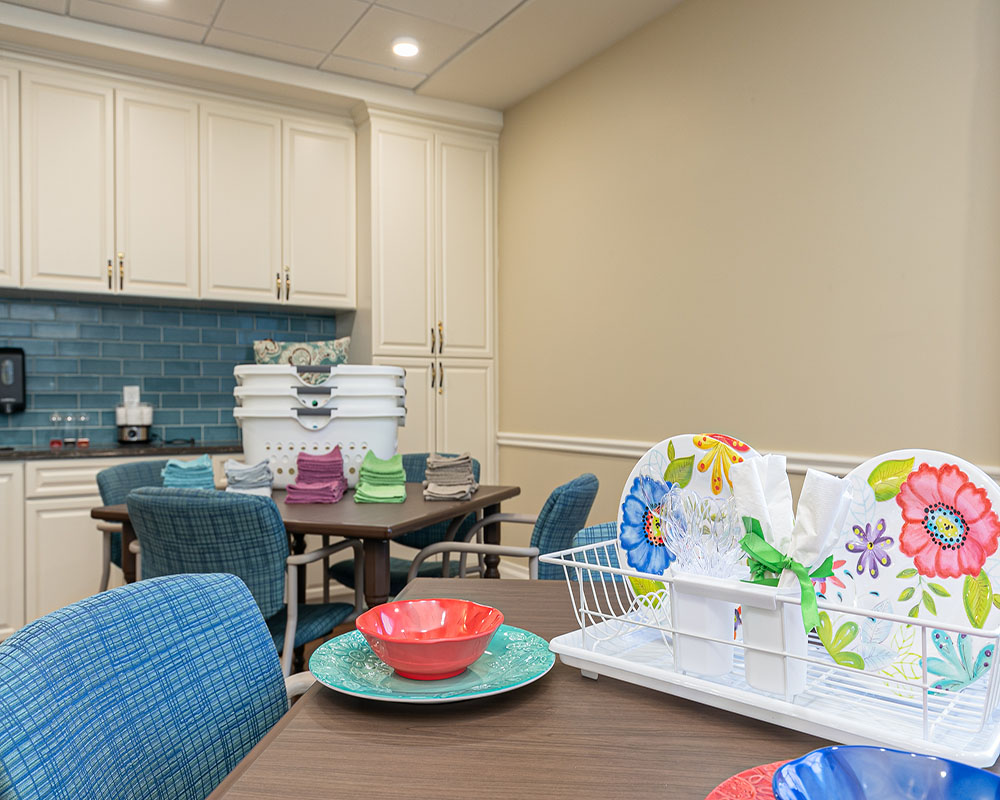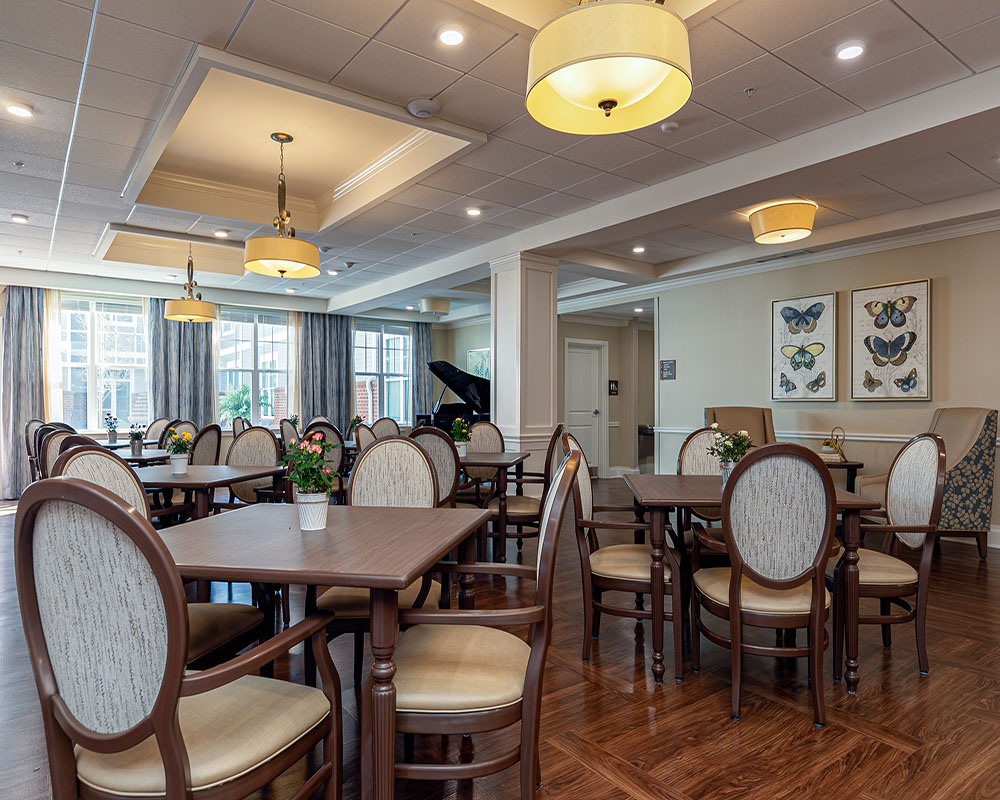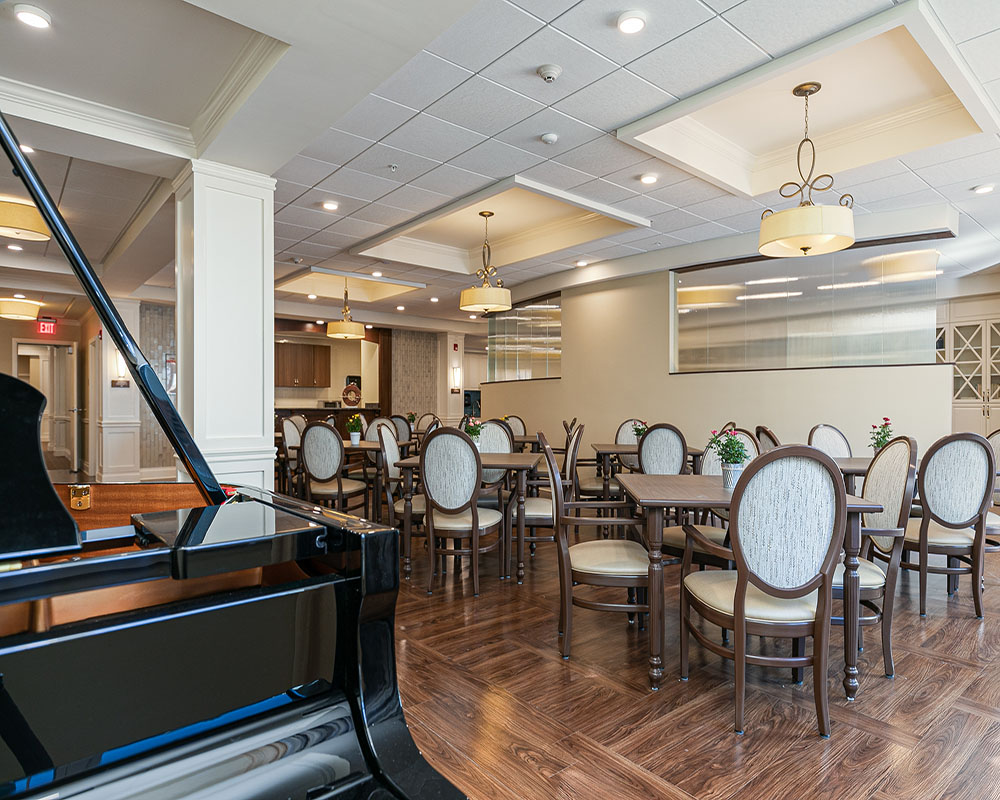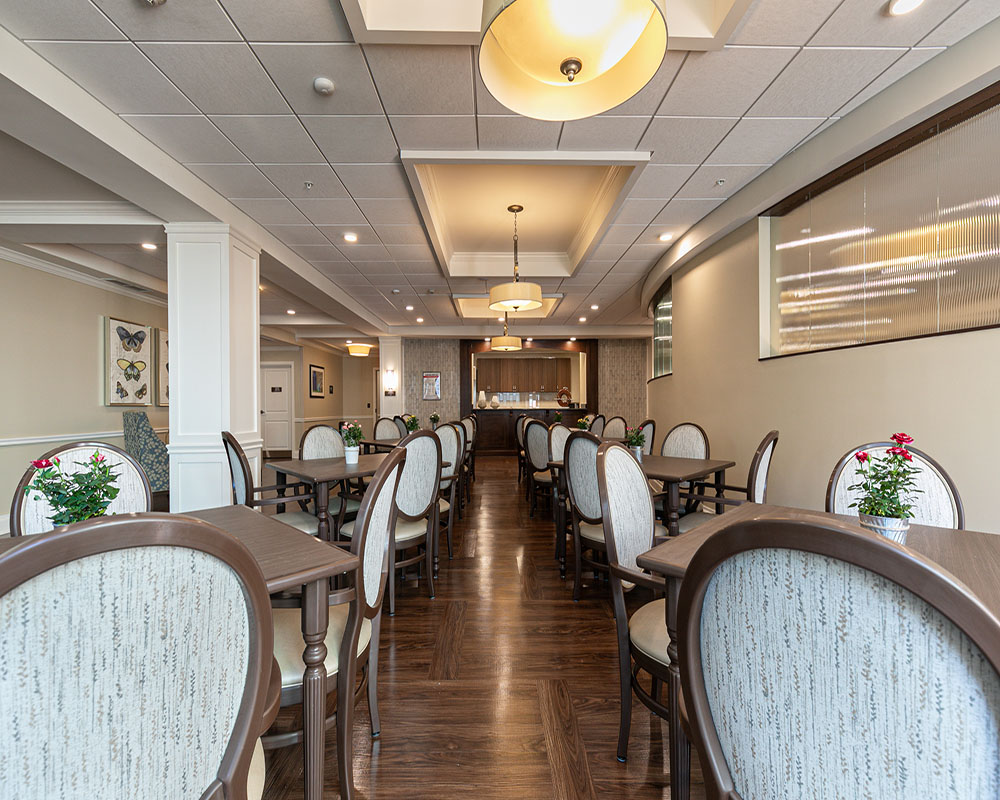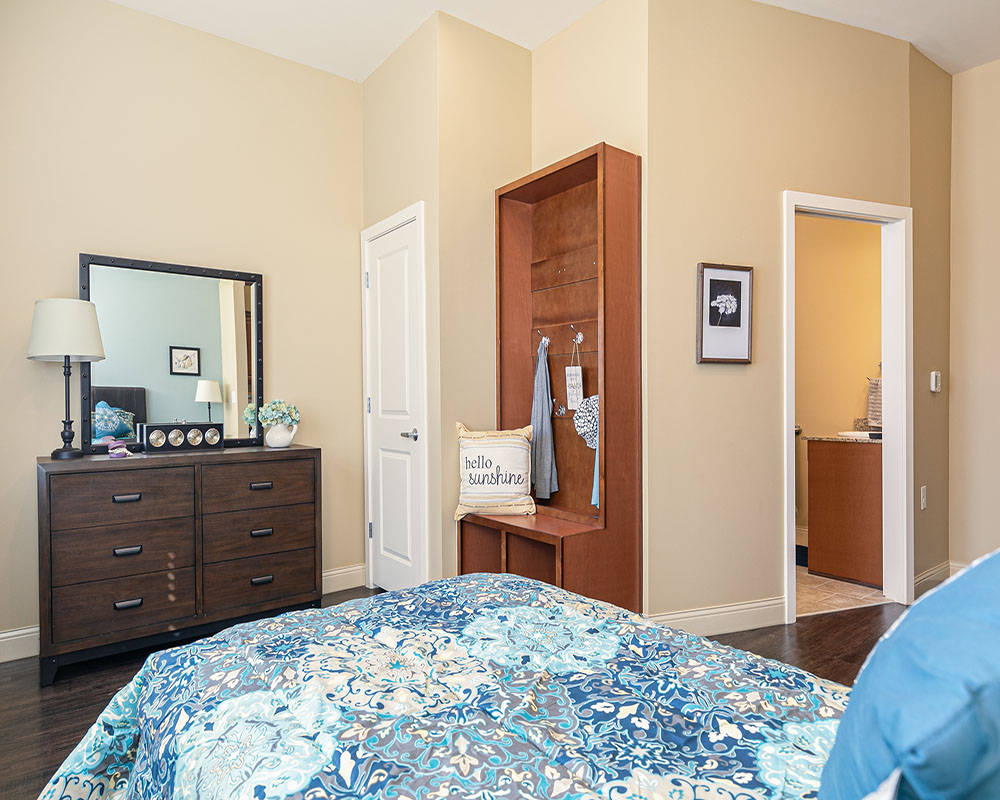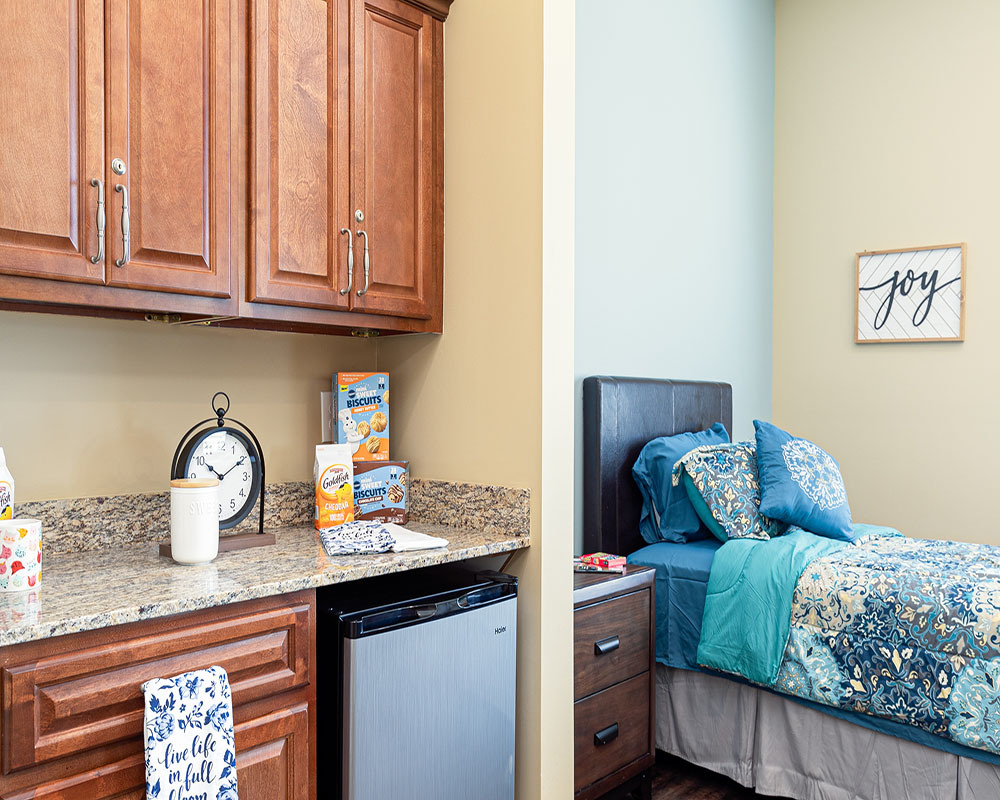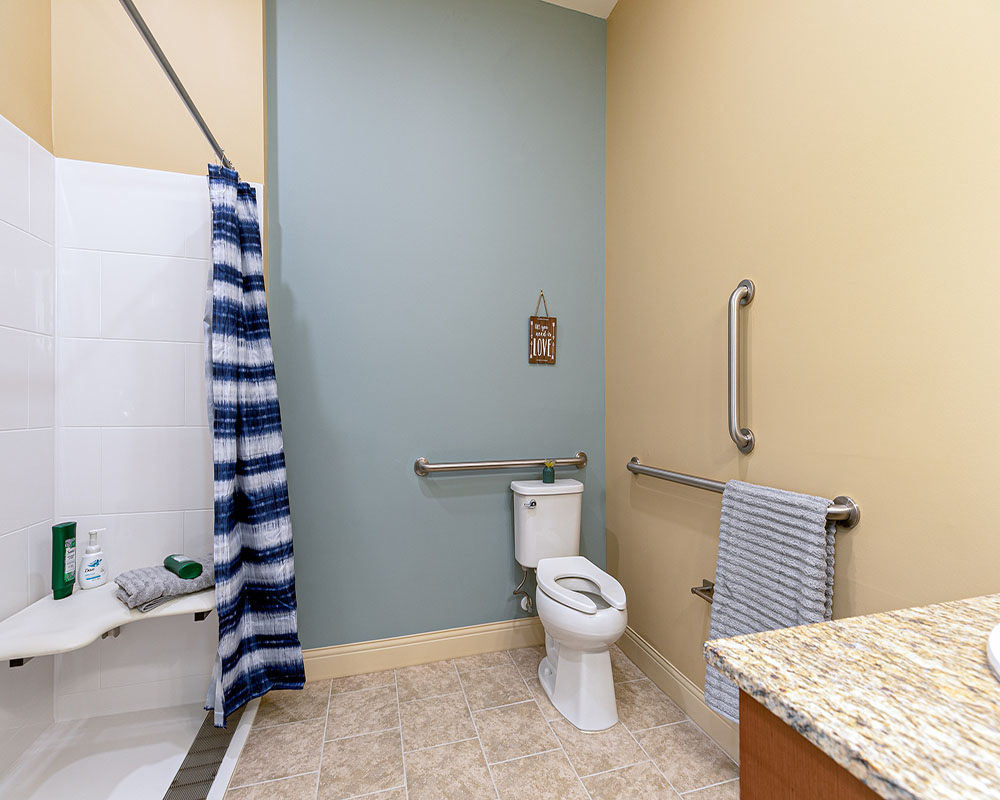Choosing a memory care community for your loved one can be challenging with all the different places and services being offered. It’s a big decision and can take some careful thinking before deciding the best option for them.
Some considerations to take into mind when choosing a memory care community are staff, safety, services, and amenities.
Our competent and friendly staff at Silver Comet Village are here to support your loved ones as they transition into this period of their life. Don’t hesitate to reach out with any questions about memory care and our services.
understand your loved one’s needs
One of the first steps you can take toward selecting a memory care community is to identify your loved one’s needs and compile a list of things that would benefit them.
For example, your loved one might require help dressing, showering, or taking medications. These are all important things to note and discuss with the staff when visiting a community.
It is also helpful to discuss any concerns you might have with the staff about your loved ones and their behaviours. Some typical things to mention might include:
- If your loved one is known to be physically aggressive
- If your loved one tends to wander
- If your loved one has mobility issues and requires assistance
what safety measures & features does the community have in place?
Checking to see what safety measures are in place can help you in your search for a memory care community. Some more significant safety concerns around memory care and assisted living centres are falling, wandering, and infection.
falls and slips
Some things a memory care might have in place to prevent falls include:
- Beds that are closer to the floor or have guards on the side
- Flooring with more traction and less risk of slipping
- A pharmacist consulting medications to try and minimize side effects or dizziness or drowsiness
- Accessible showers and open floor-plan spaces
wandering
Some memory care communities may have procedures and equipment to help prevent wandering. This may include:
- Alarms that alert staff if a door has been opened
- Monitoring and staff checking in on residents to make sure they are healthy and happy
- Cameras or other security equipment to keep an eye on entrances and exits
infection
COVID-19 has reinforced the need to be alert for infection and the speed at which it can spread. It can be an especially challenging task for memory care communities with lots of residents. Check with your prospective community to see if they are following good hygiene practices and have any plans.
understand the services & amenities being offered
When looking for a memory care community, ask what activities and services they have to offer residents. Some fun and helpful amenities to look for include:
- Art Therapy
- Music Therapy
- Multi-purpose spaces for social gathering & engaging with others
- Outdoor courtyards with opportunities for gardening
- A salon or barbershop
- Library
- Fitness room
In terms of services, consider looking at your loved one’s needs and the kind of help they might need in the community. Some examples of this might include:
- Personal care, like bathing, dressing, and grooming
- Meal preparation and nutrition
- Help with medication or medical equipment
- Occupational therapy

ensure knowledgeable & well-trained staff
The overall environment of the community is very important, but the staff have a direct impact on the care being provided. It can be helpful to ask what training the staff have had and if they are equipped to provide the care your loved one requires.
Studies have shown that memory care staff trained to work with dementia patients are typically stronger at managing aggression or other challenging behaviours.
determine your budget & the community’s costs
Memory care is an investment, and figuring out your budget might be an important step in your search for a community. Here are a few standard methods that people use to help pay for memory care:
insurance
Some insurance plans or policies help cover the costs of memory care, and it is important to talk with a professional to see if this applies to your loved one.
retirement benefits
Different retirement plans might include individual retirement accounts or annuities that can help to cover costs. Sometimes, these plans can even be accessed before your loved one passes retirement age.
personal investments & savings
The personal assets, savings, investments, or other income sources of your loved one can help to pay for memory care and the services it provides.
government or community programs
Spend some time learning about the different programs that may be offered in your community or through the government. Some community and government assistance programs can help support your loved one in paying for memory care.
don’t wait to start looking
Call and schedule a tour with Silver Comet Village to learn more about our lively community and the services we have to offer.








